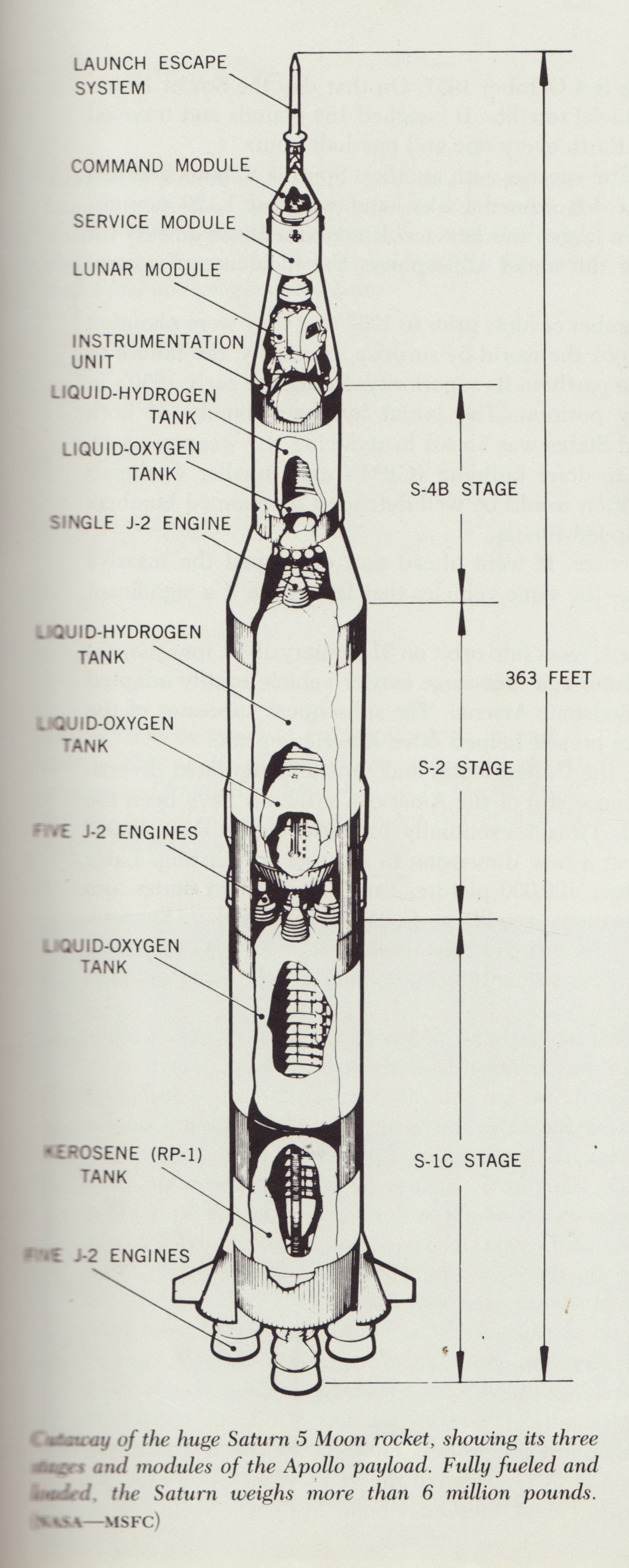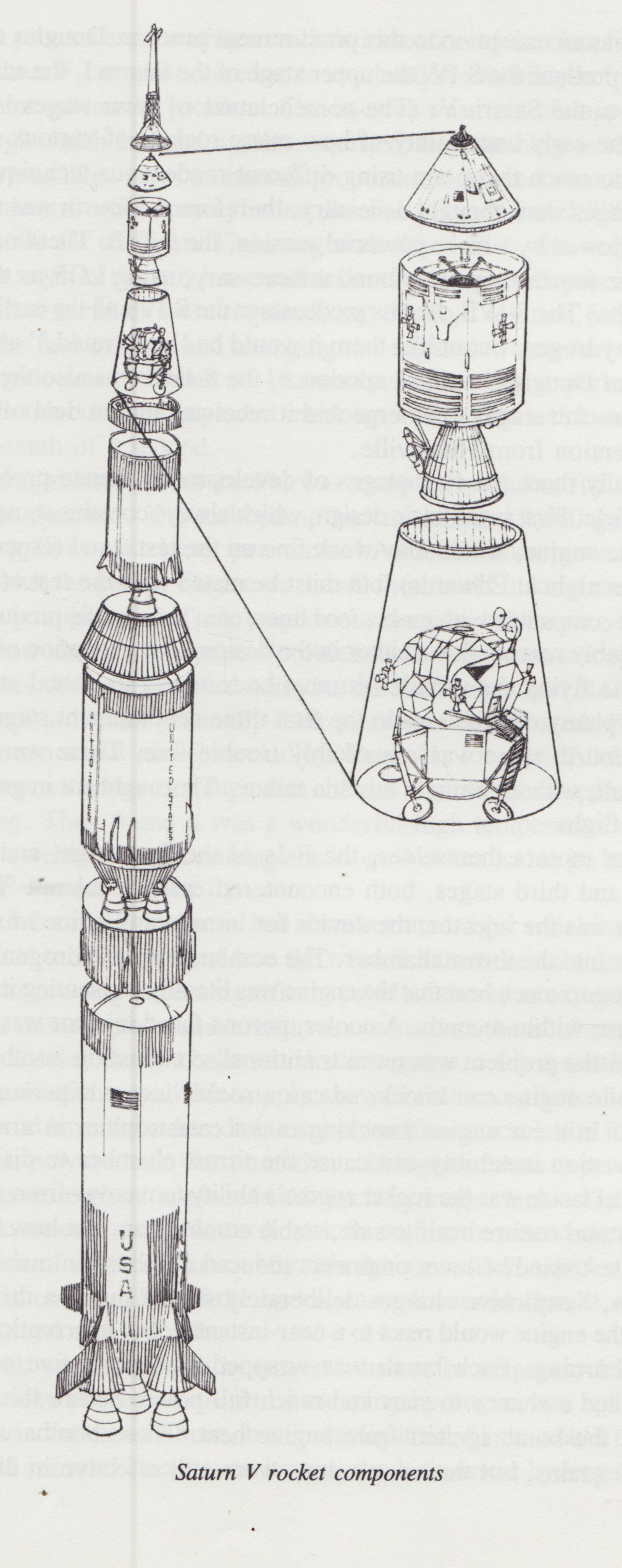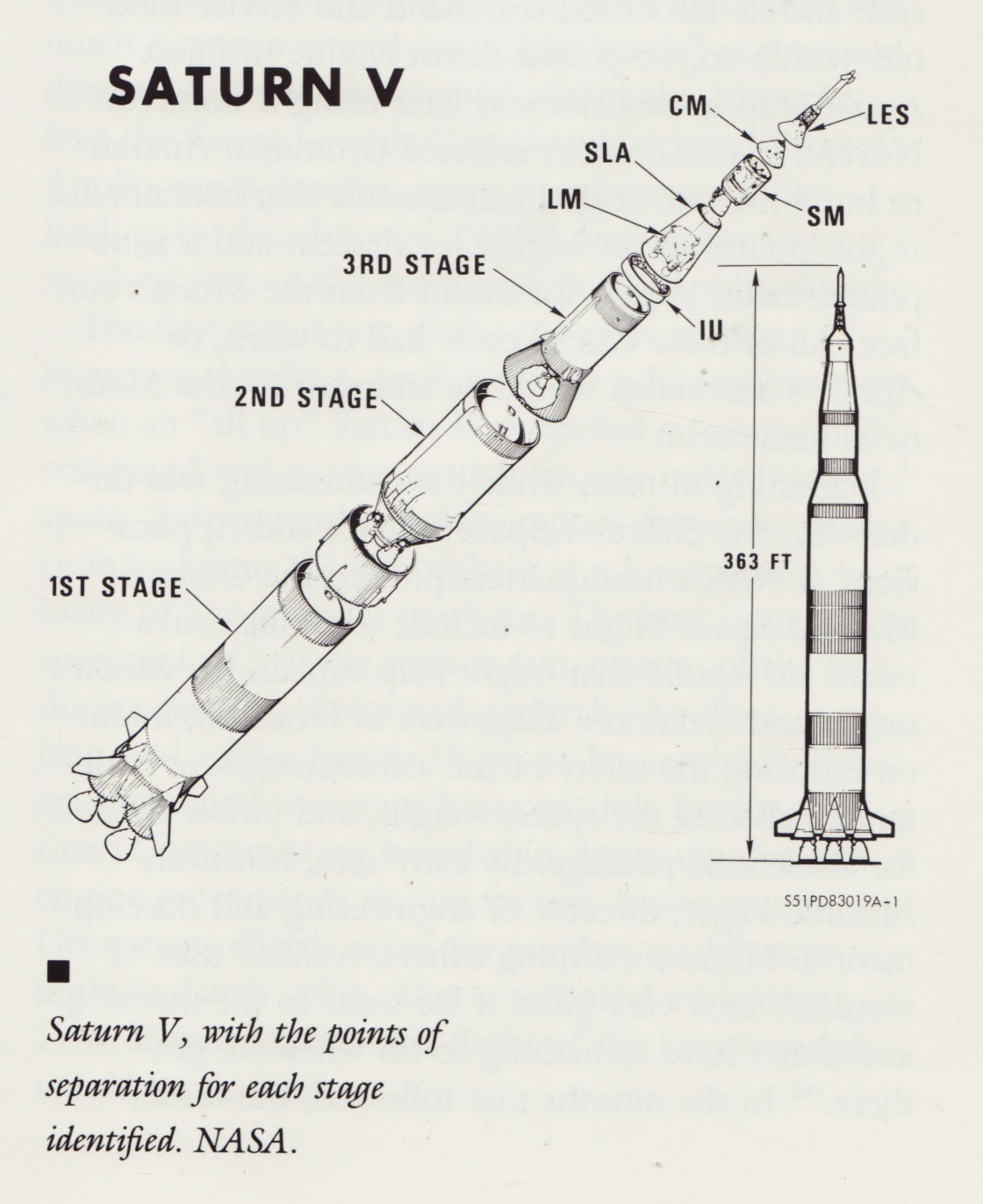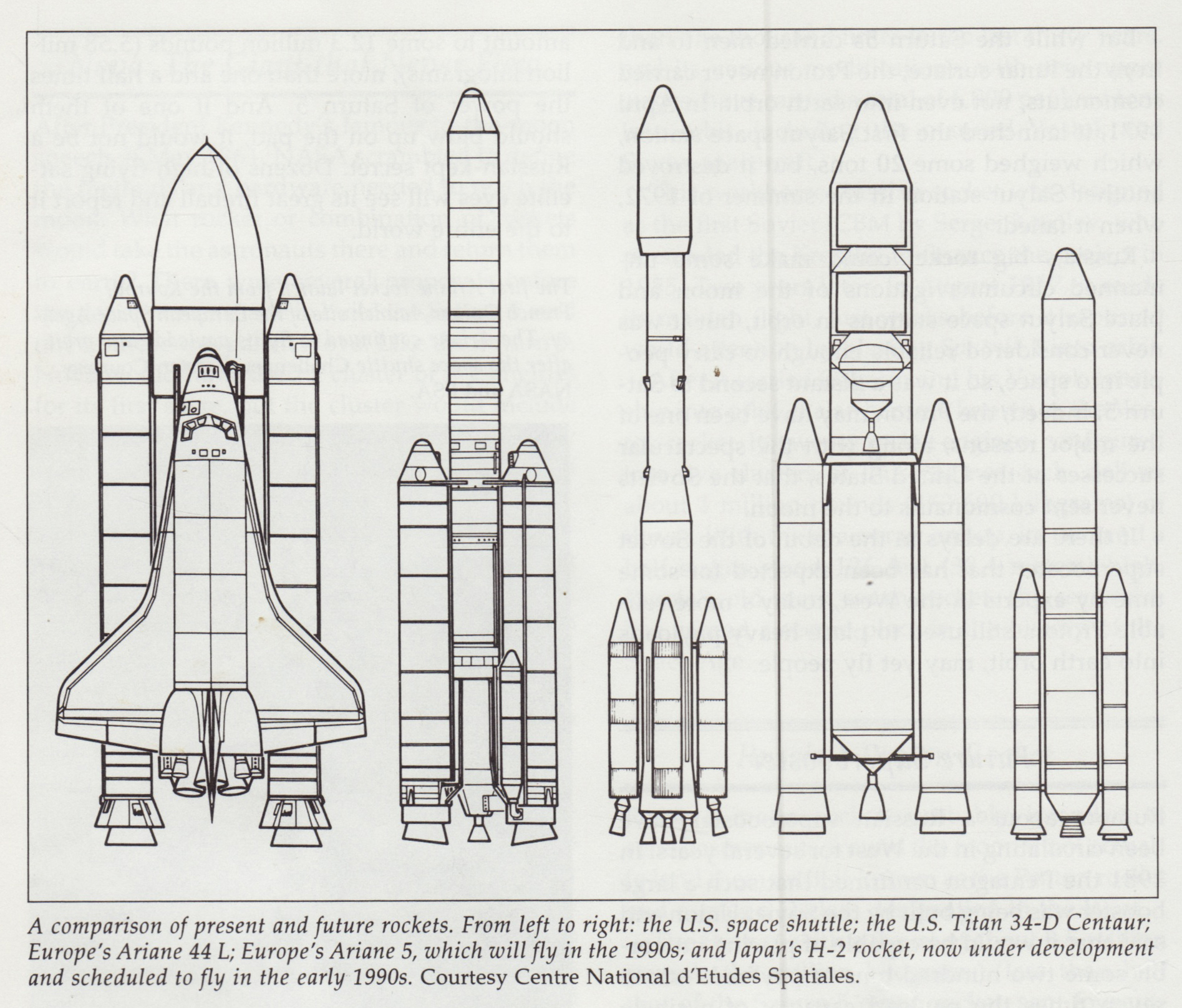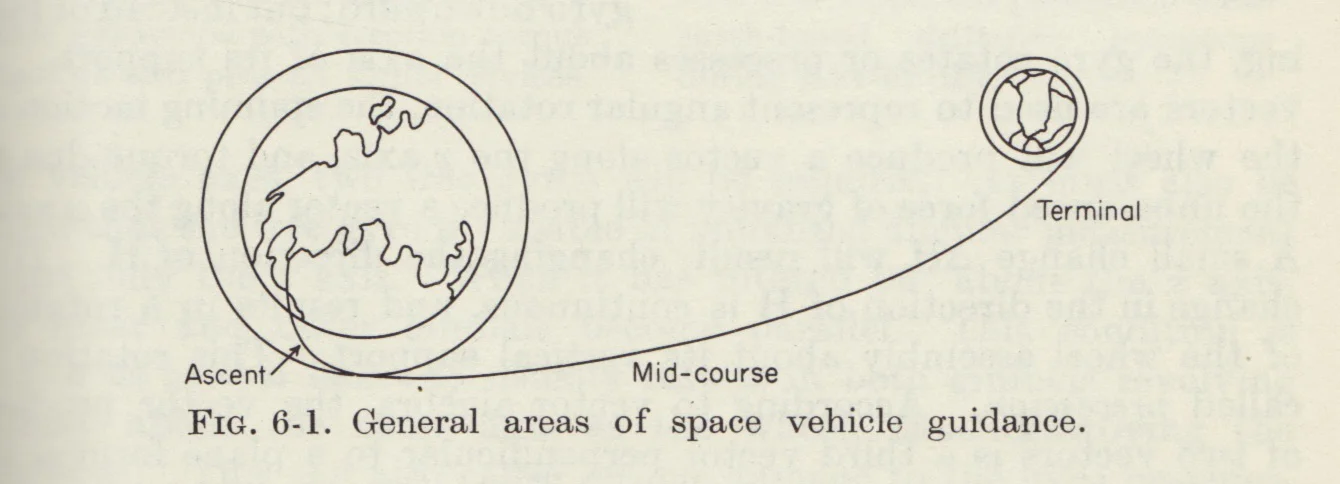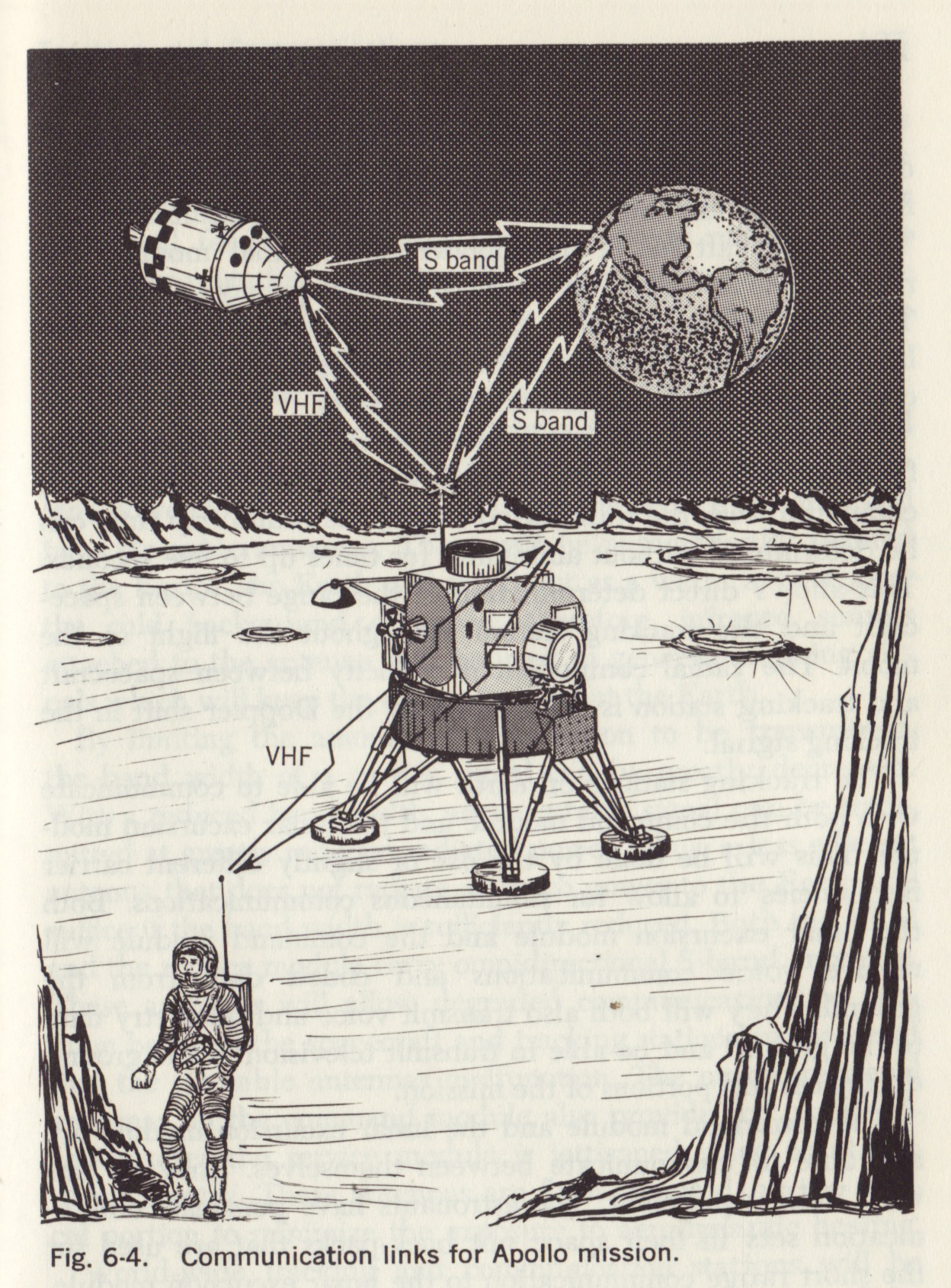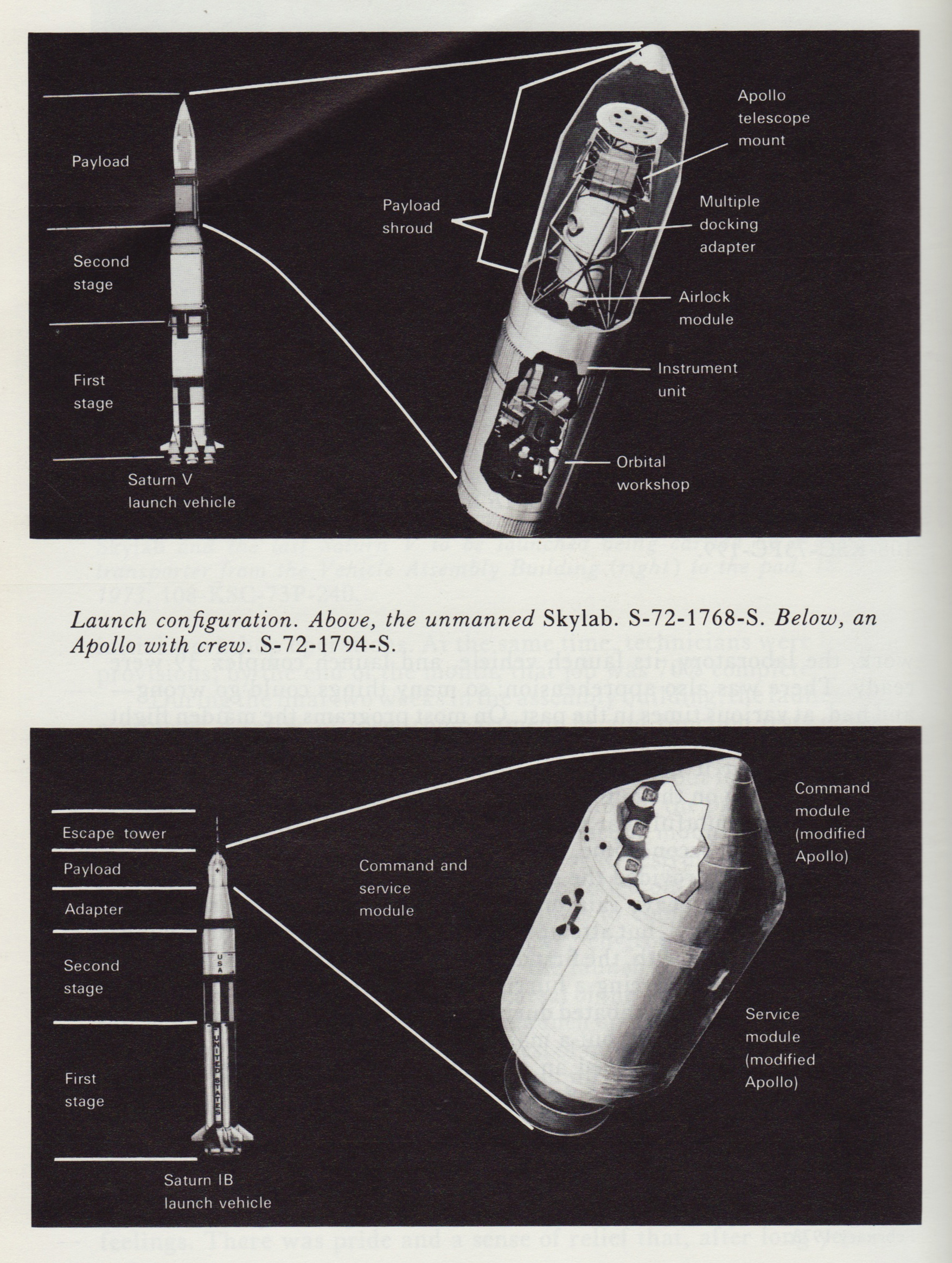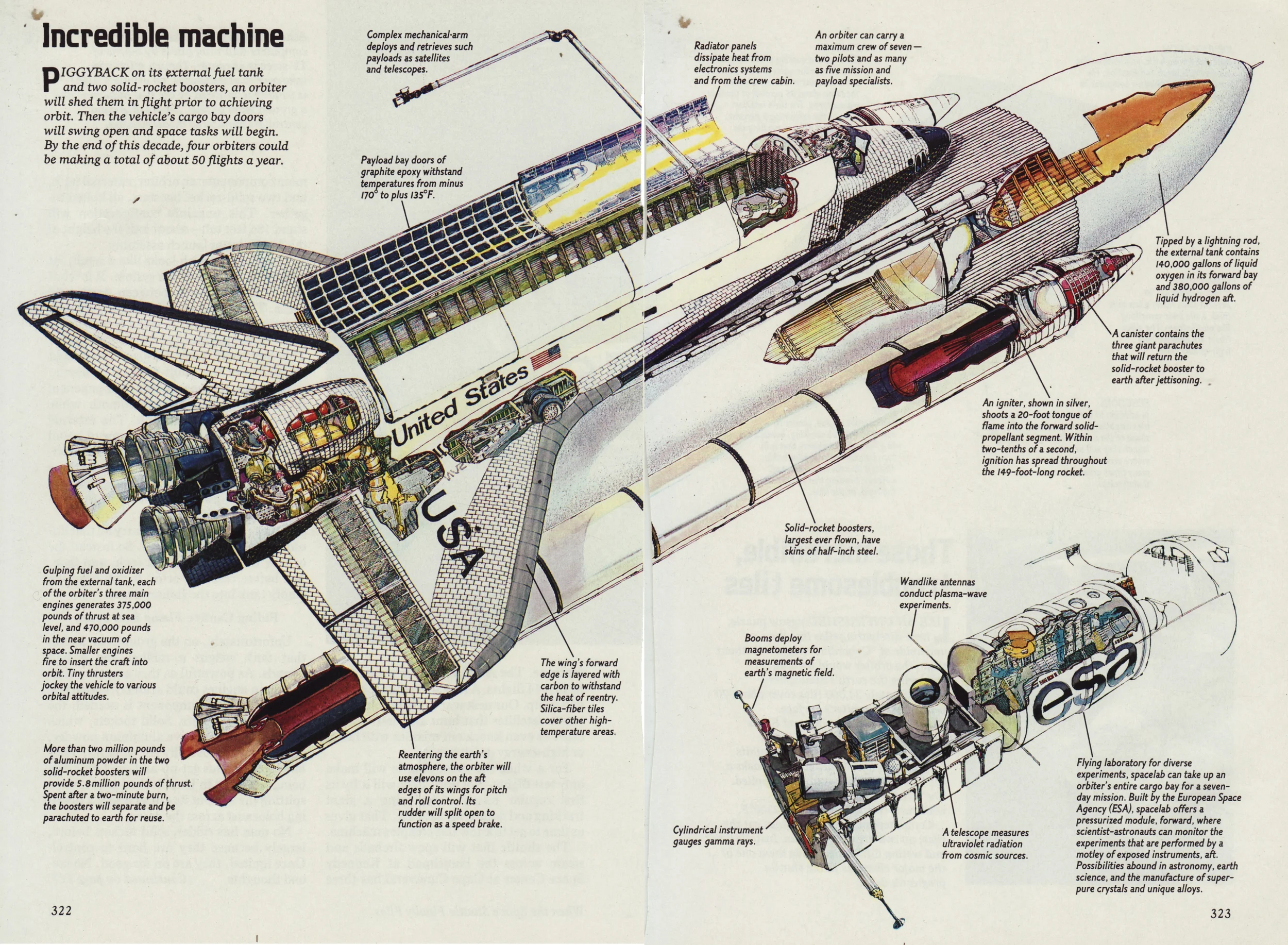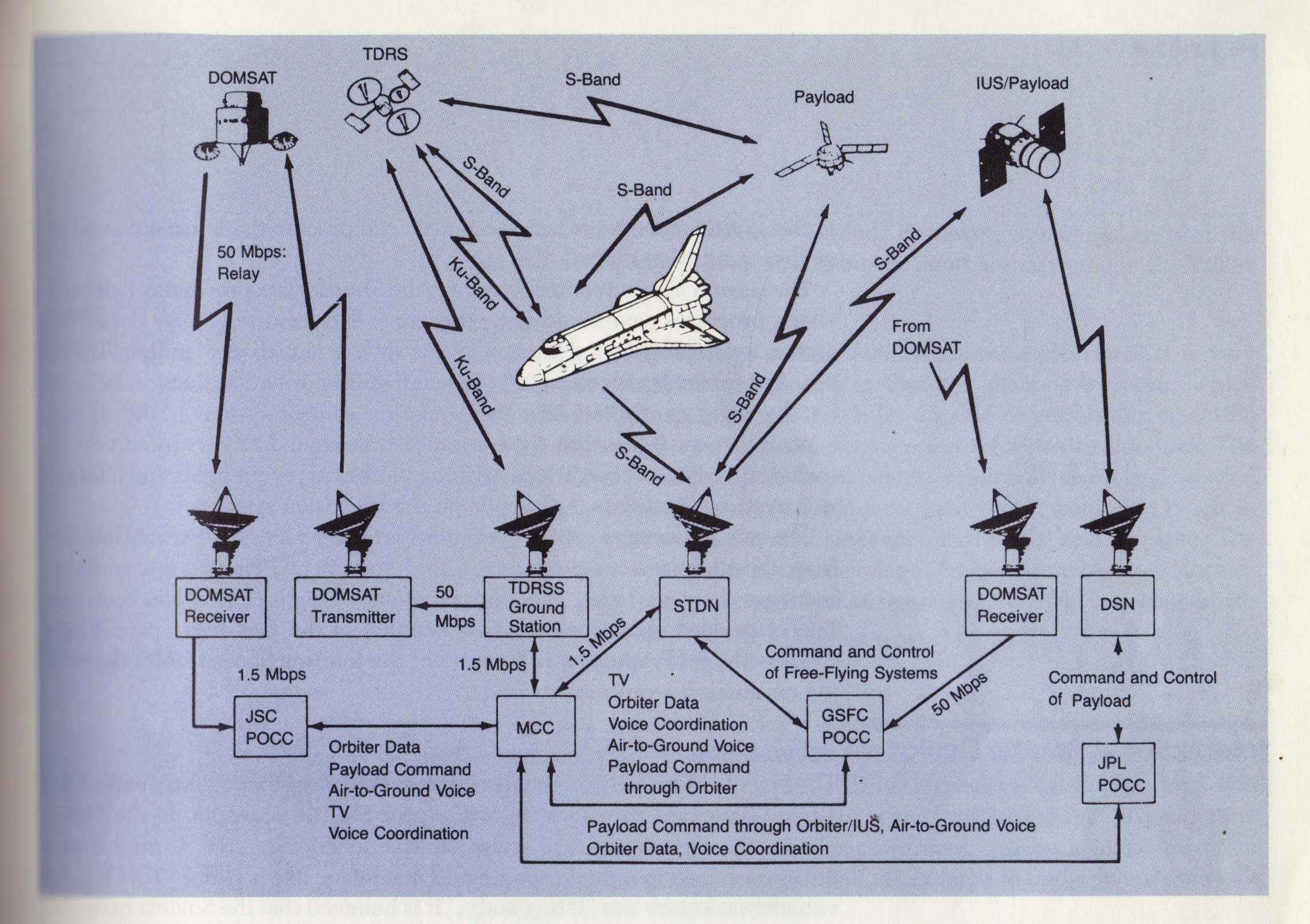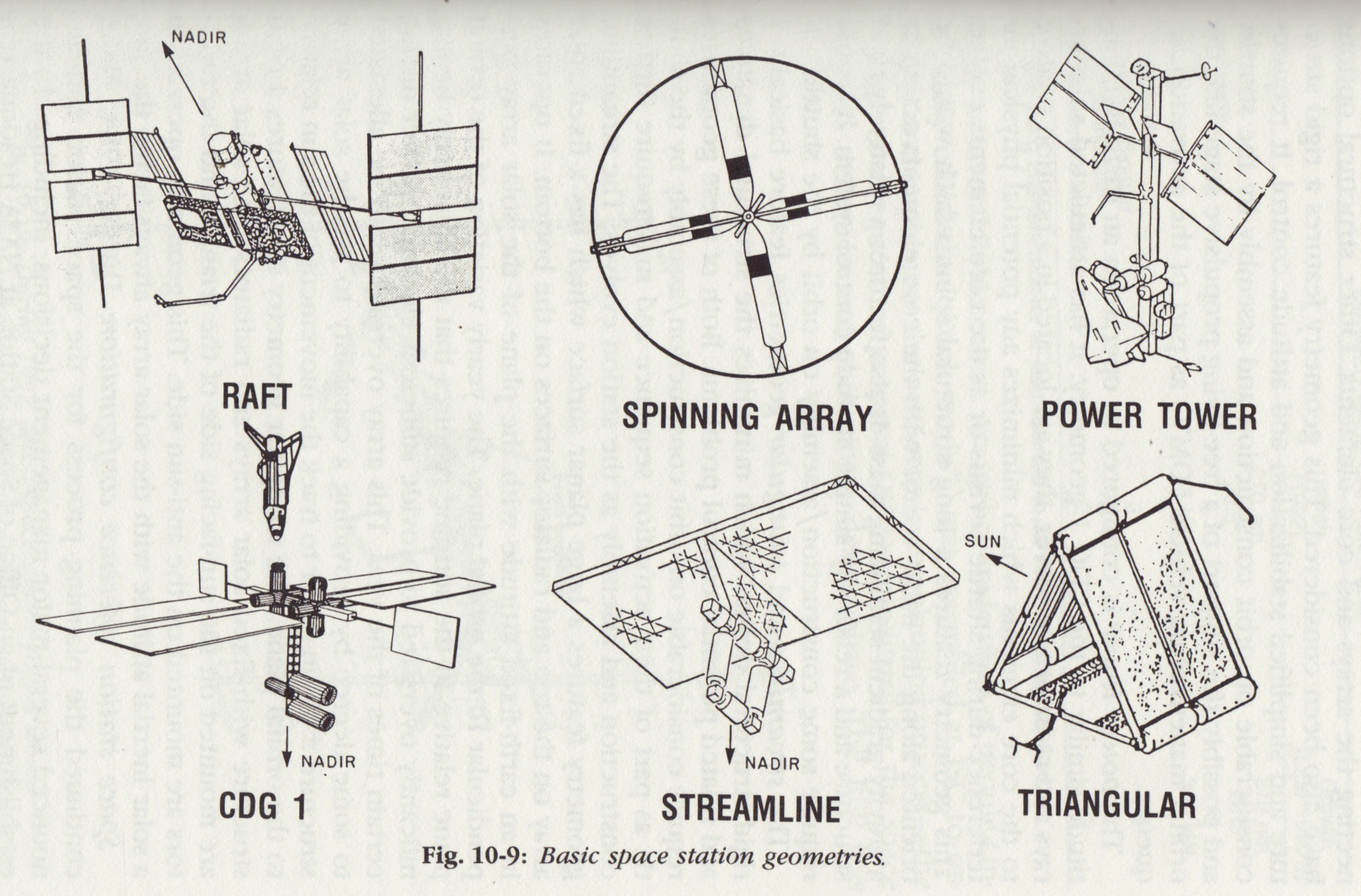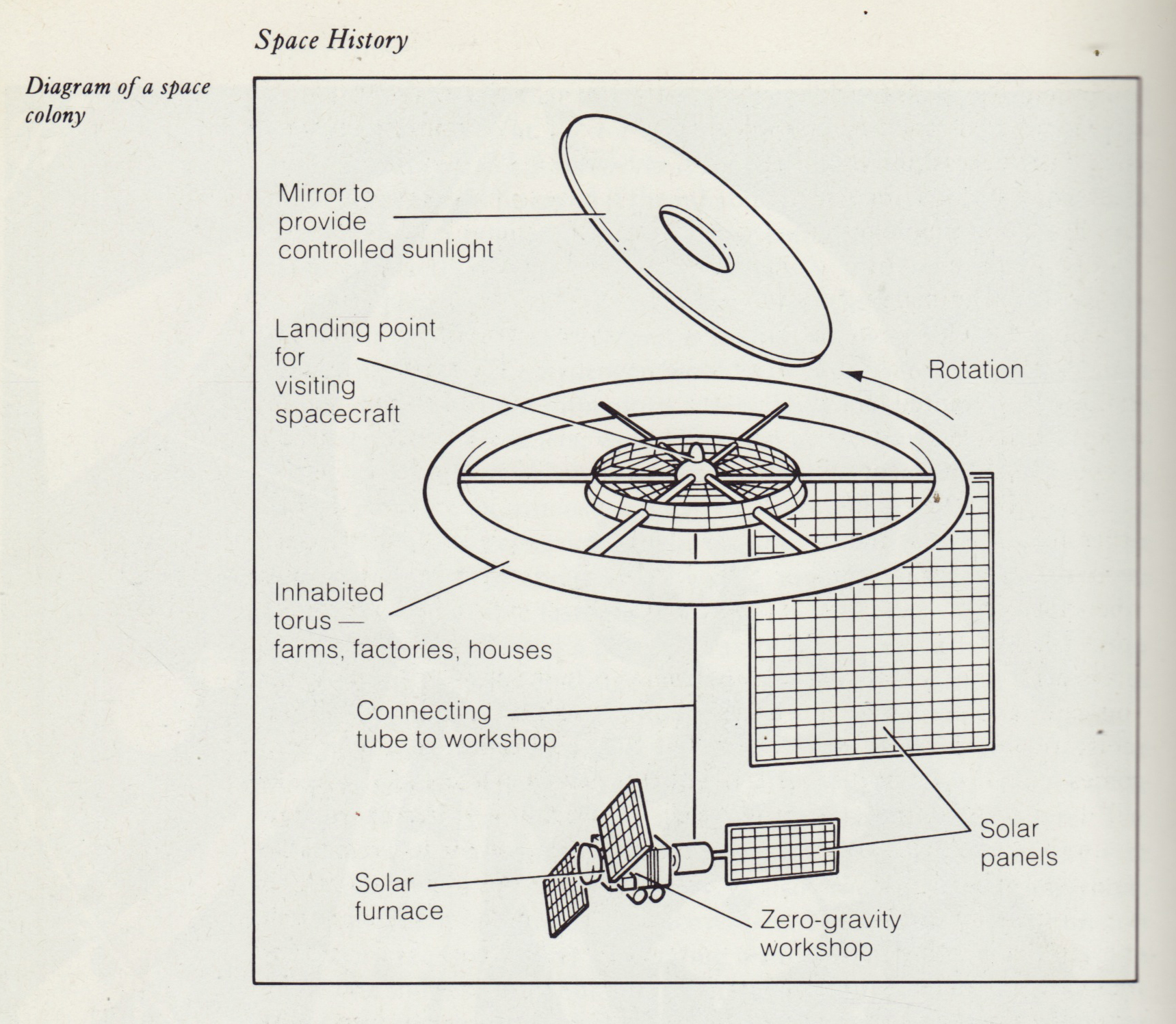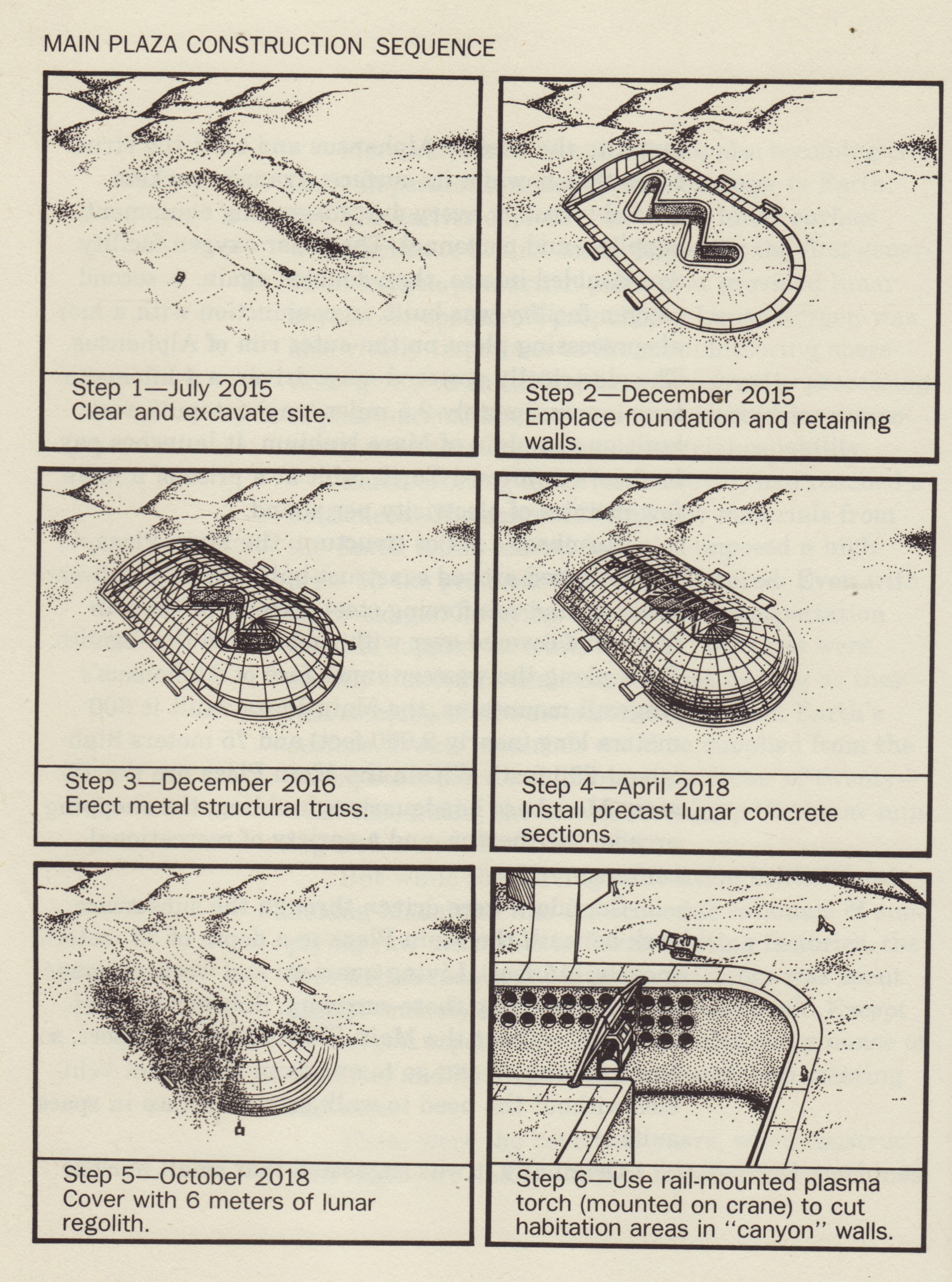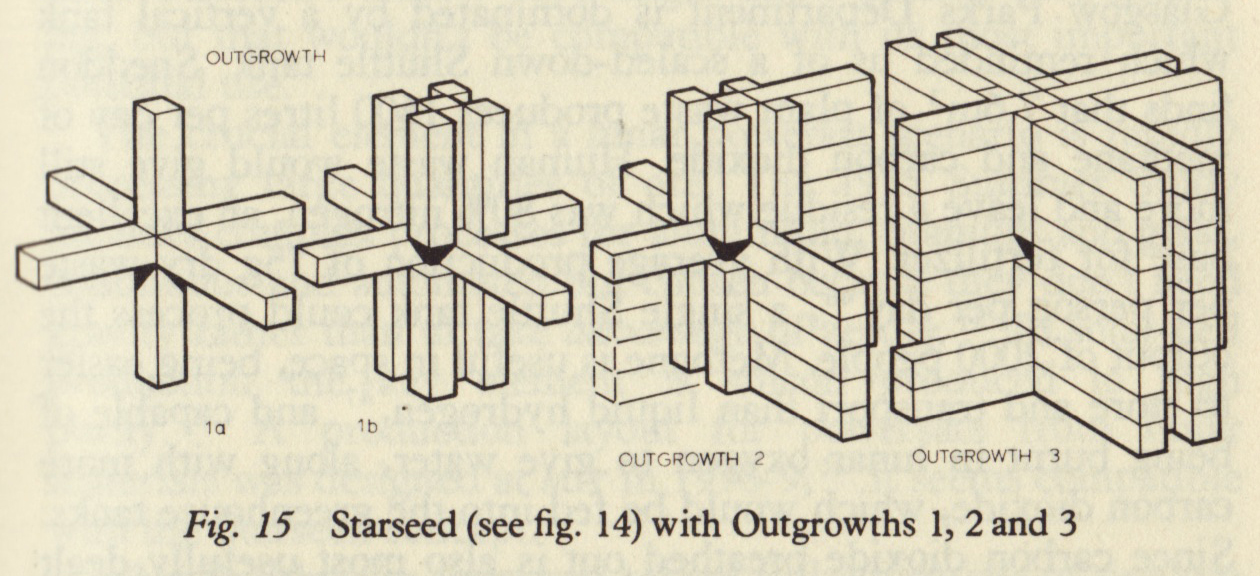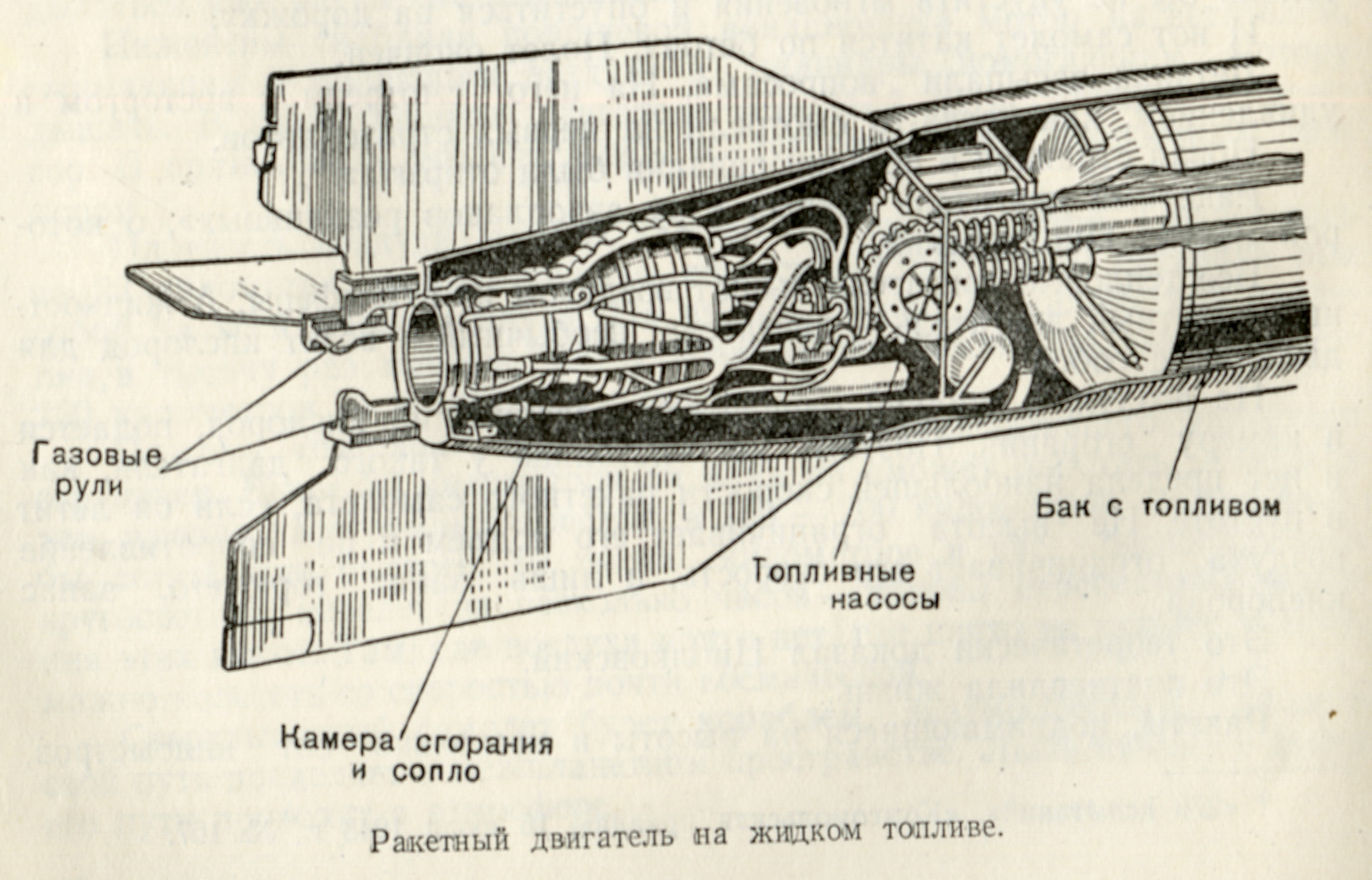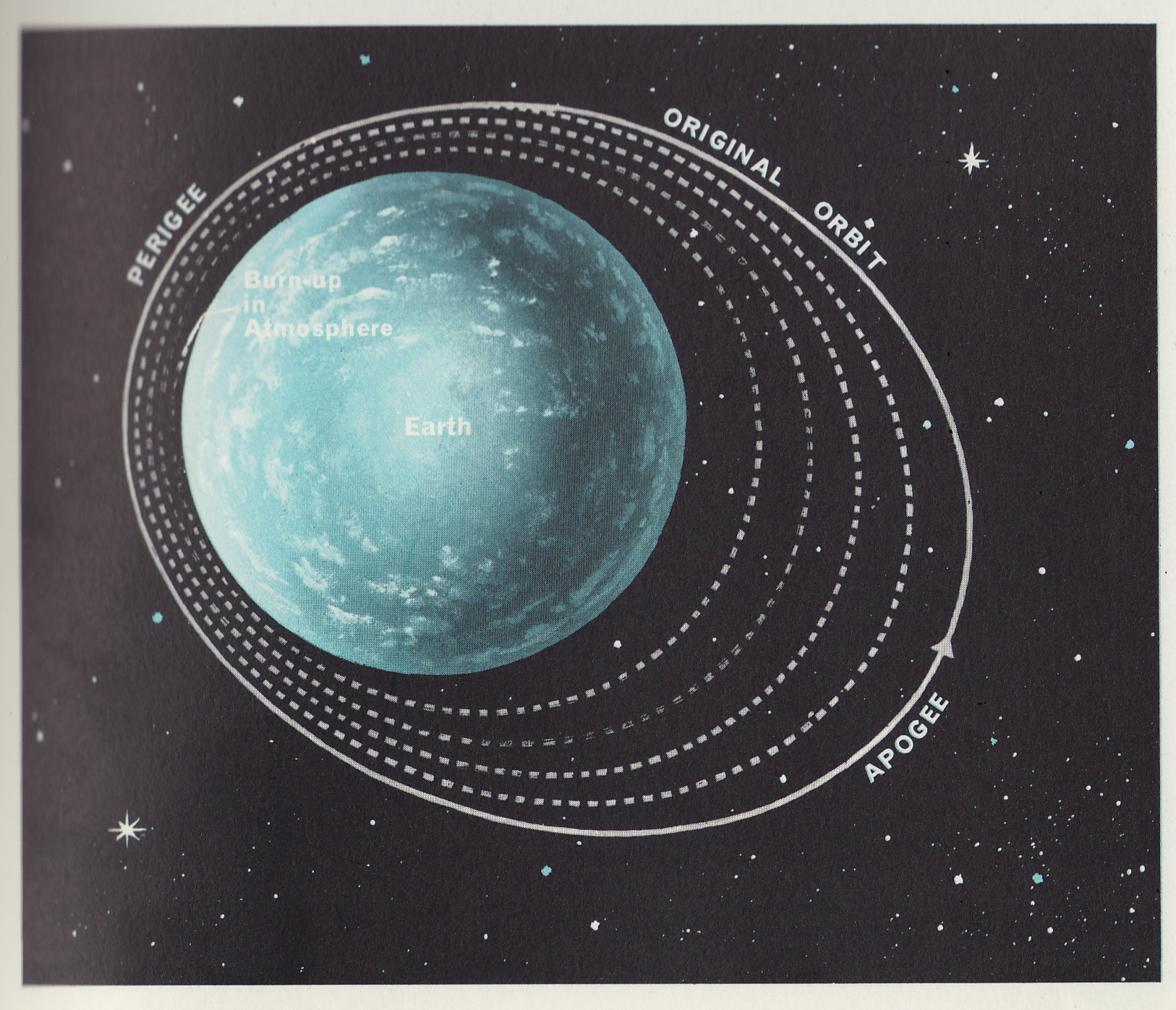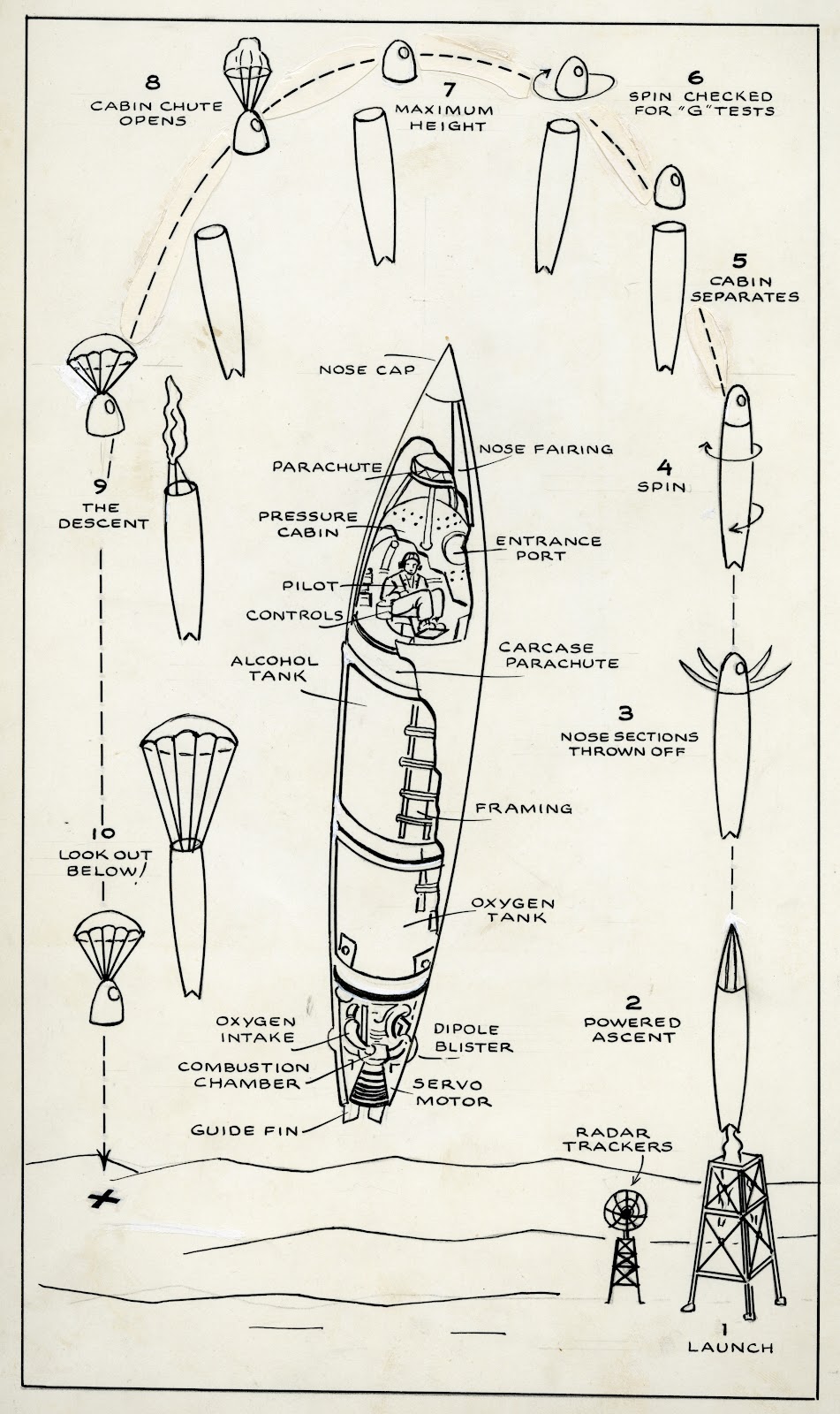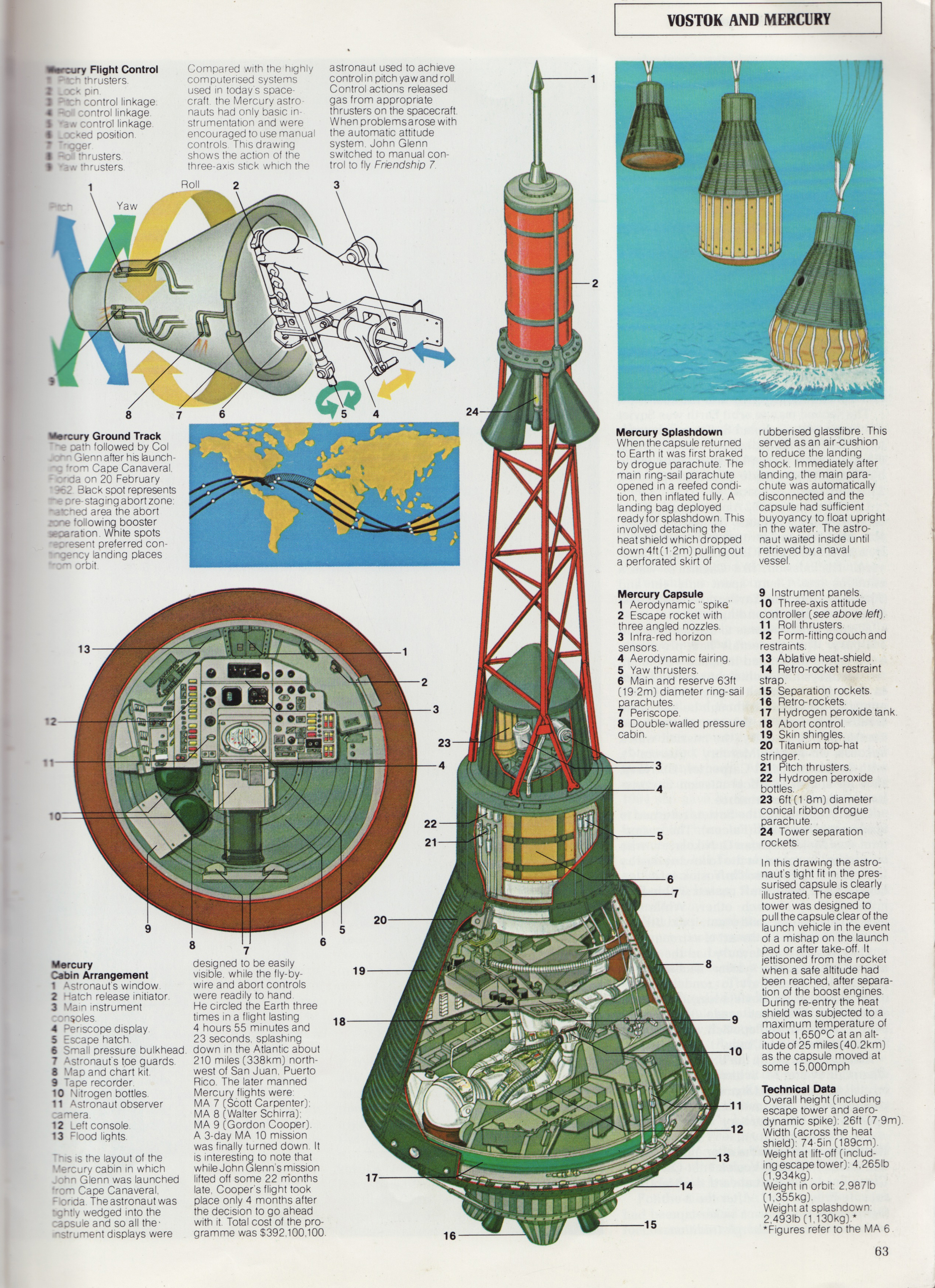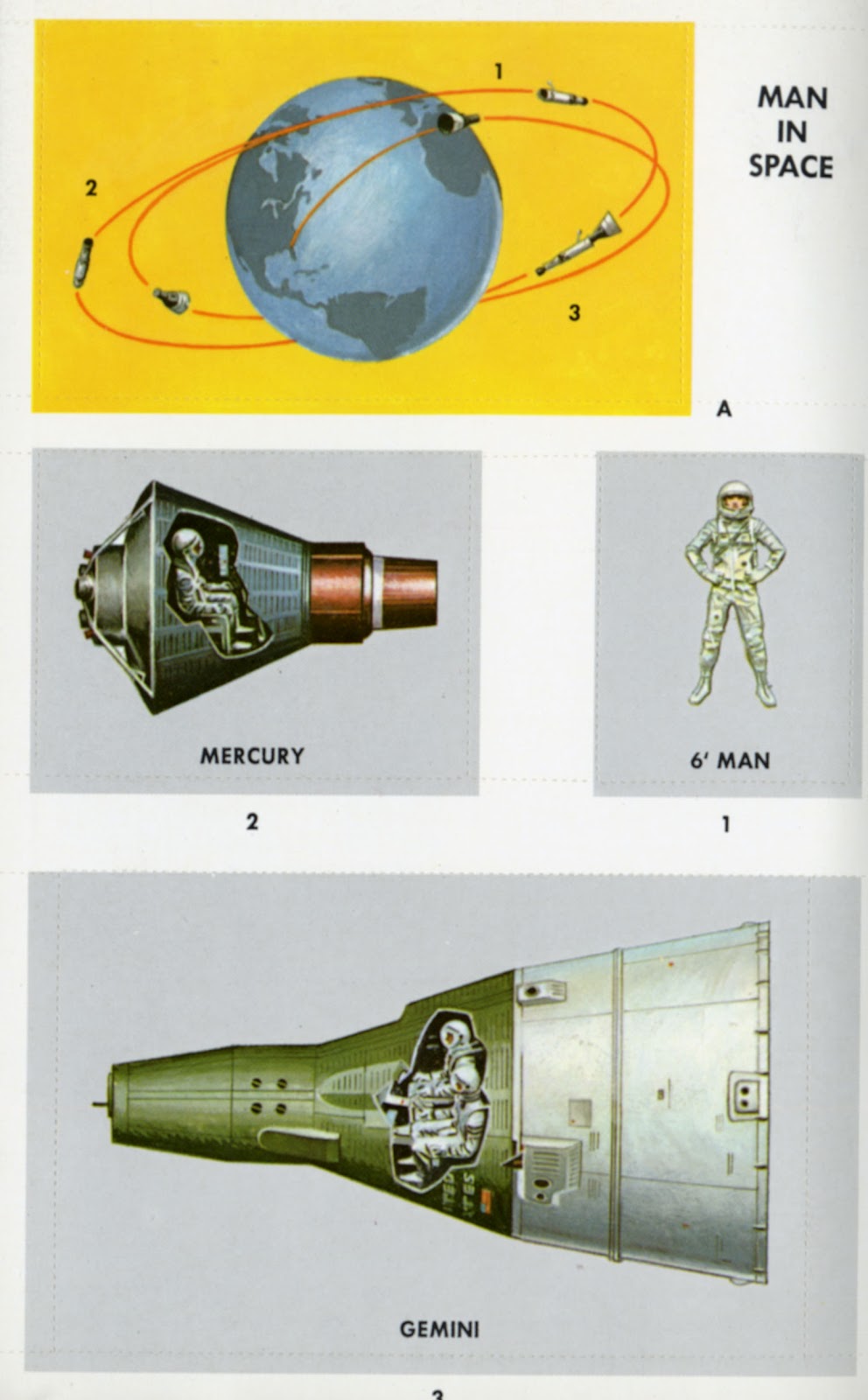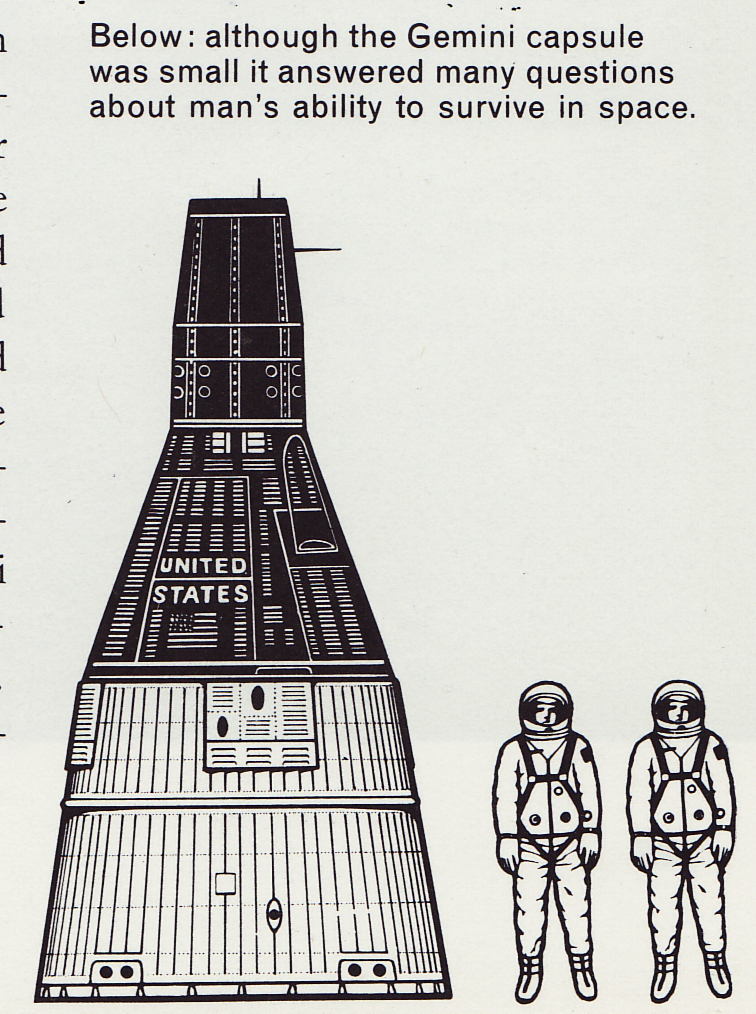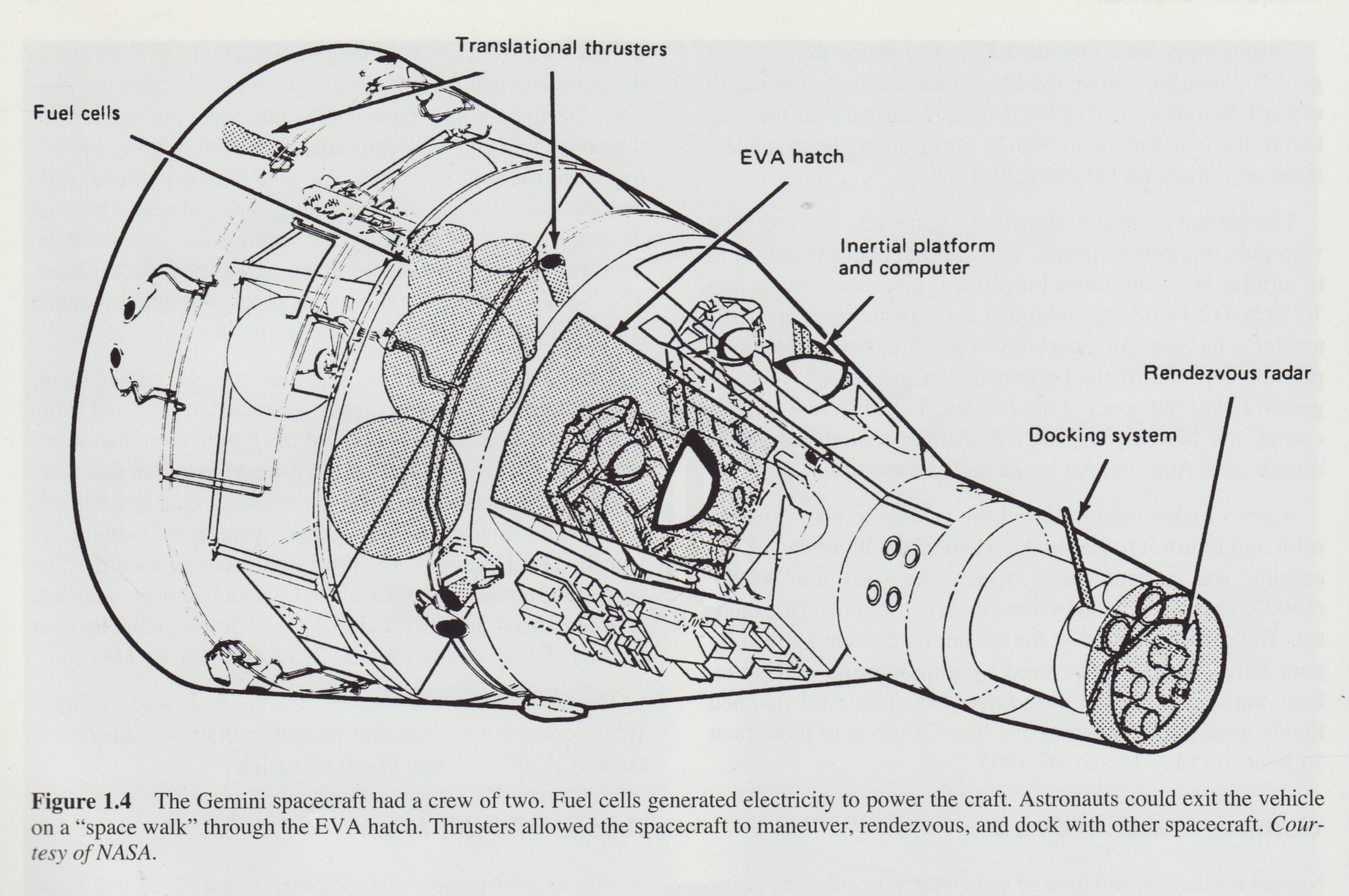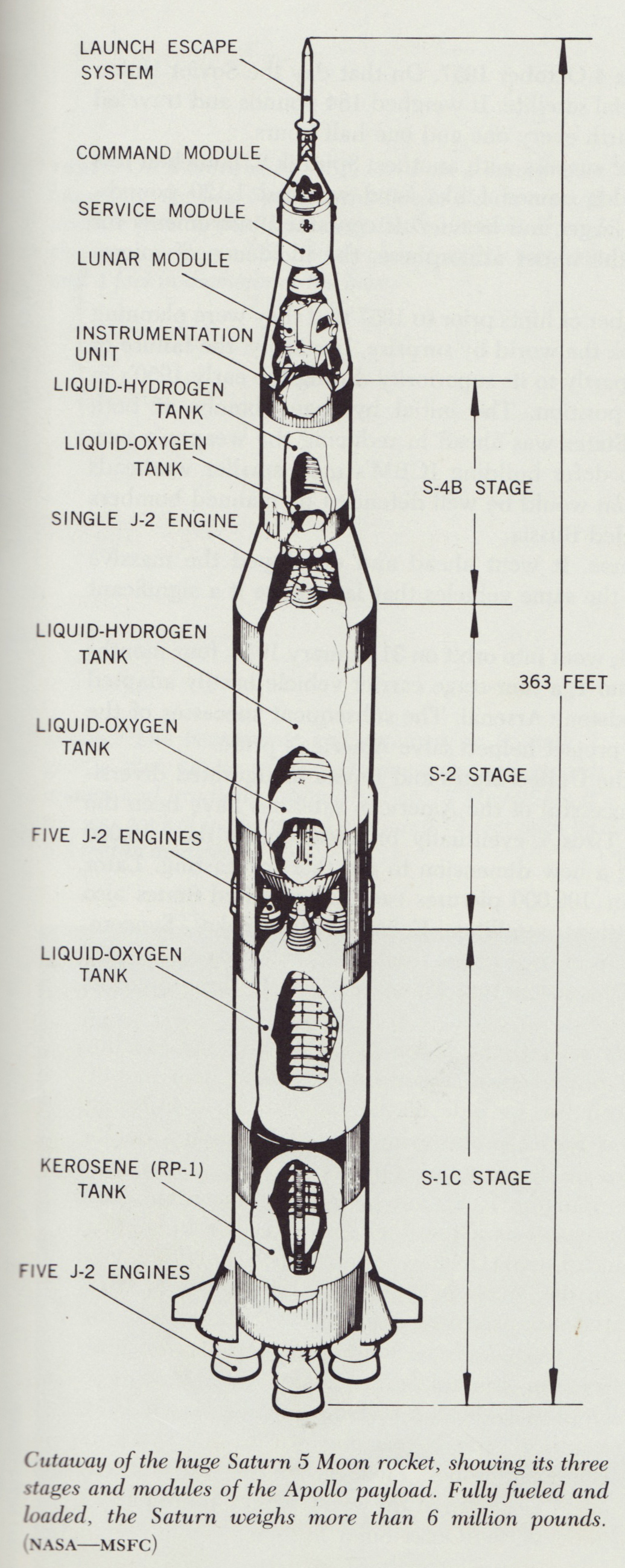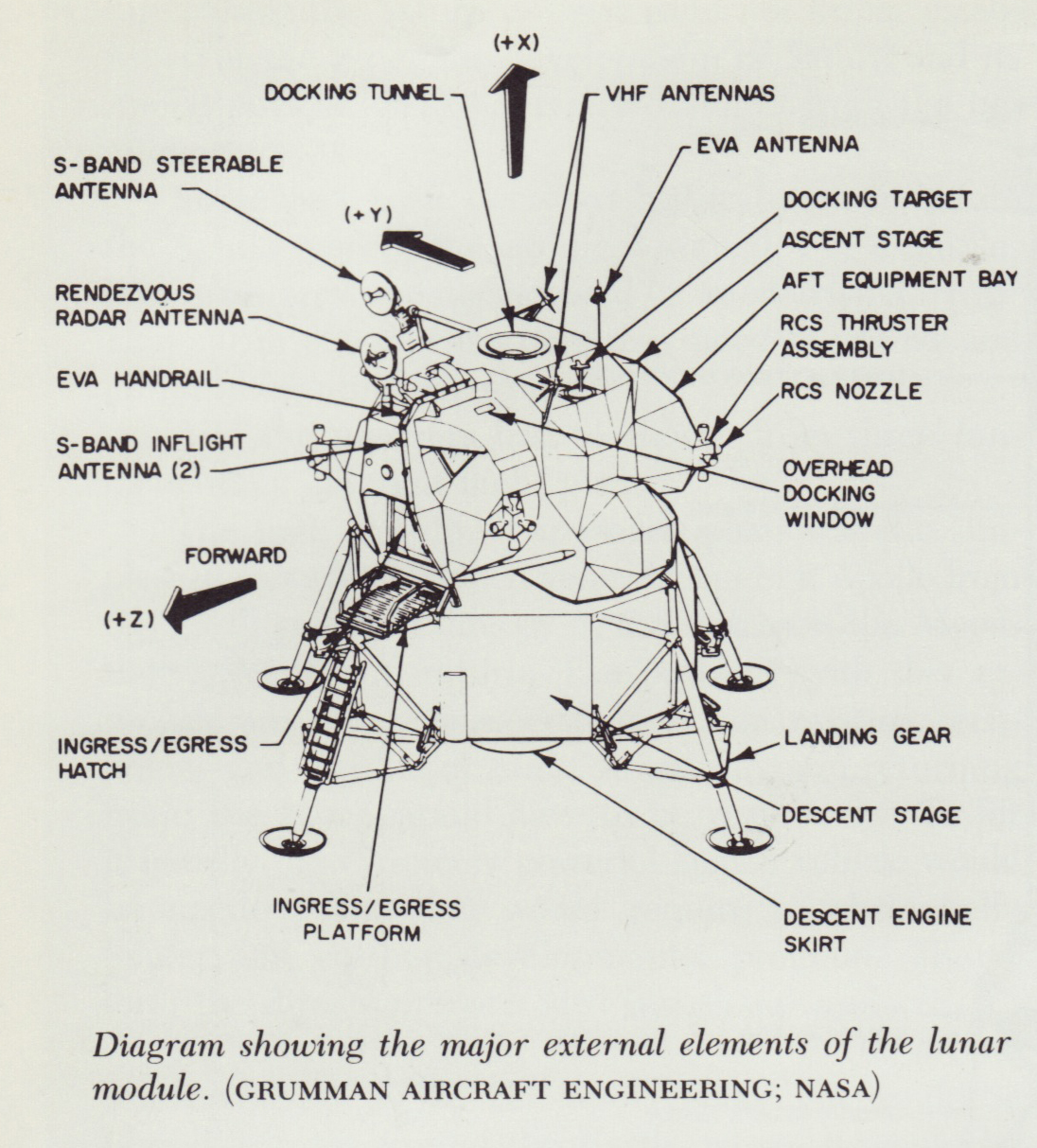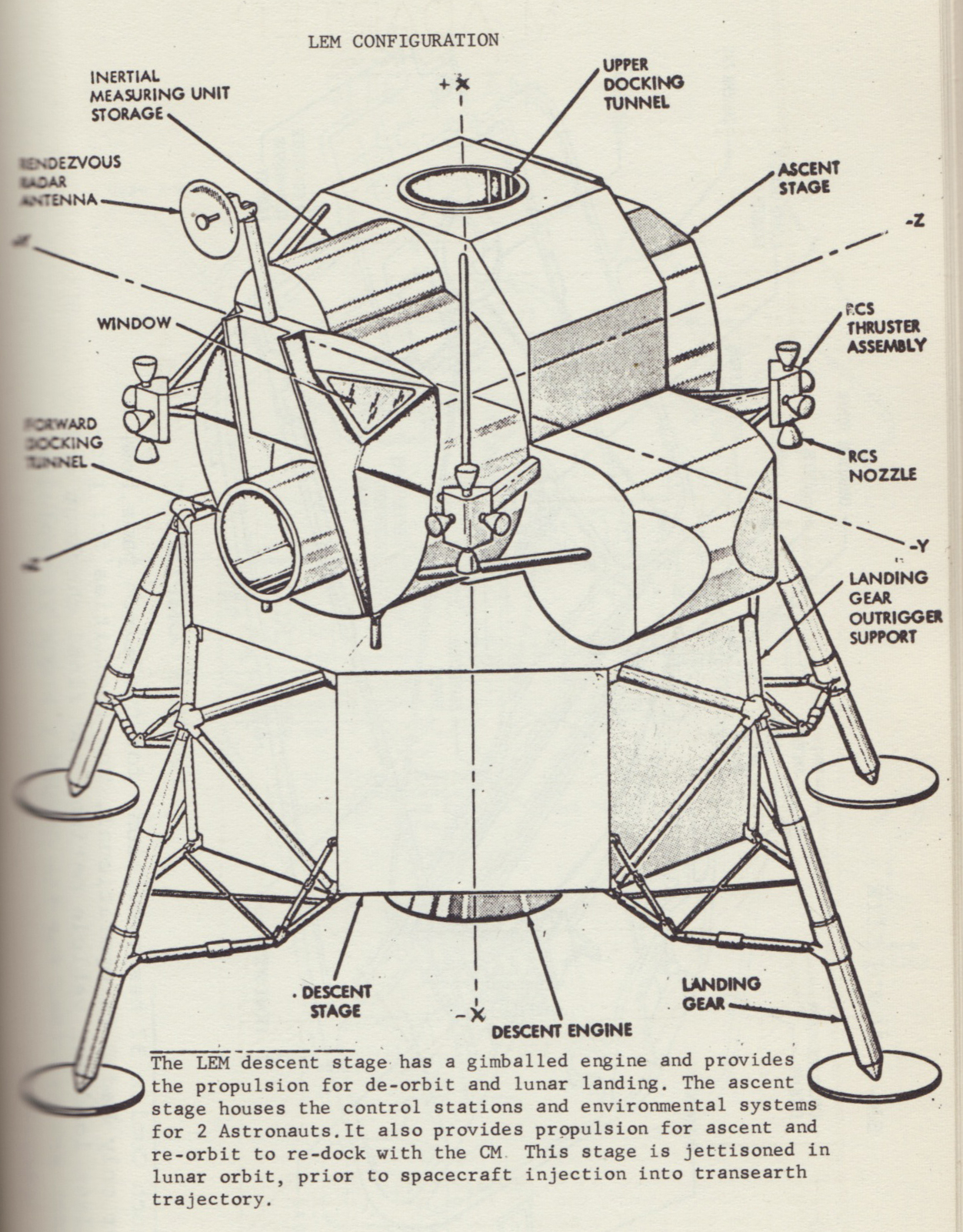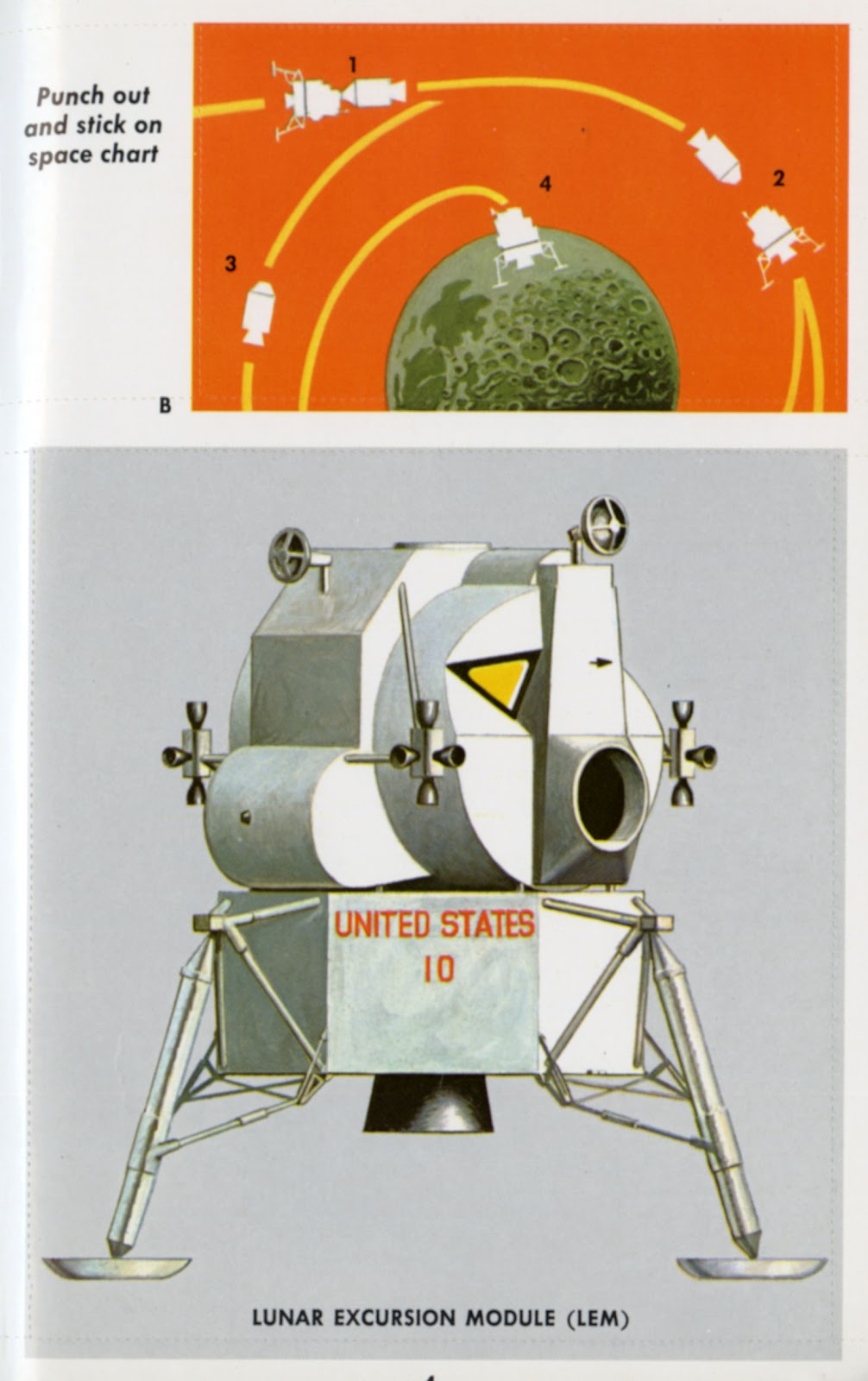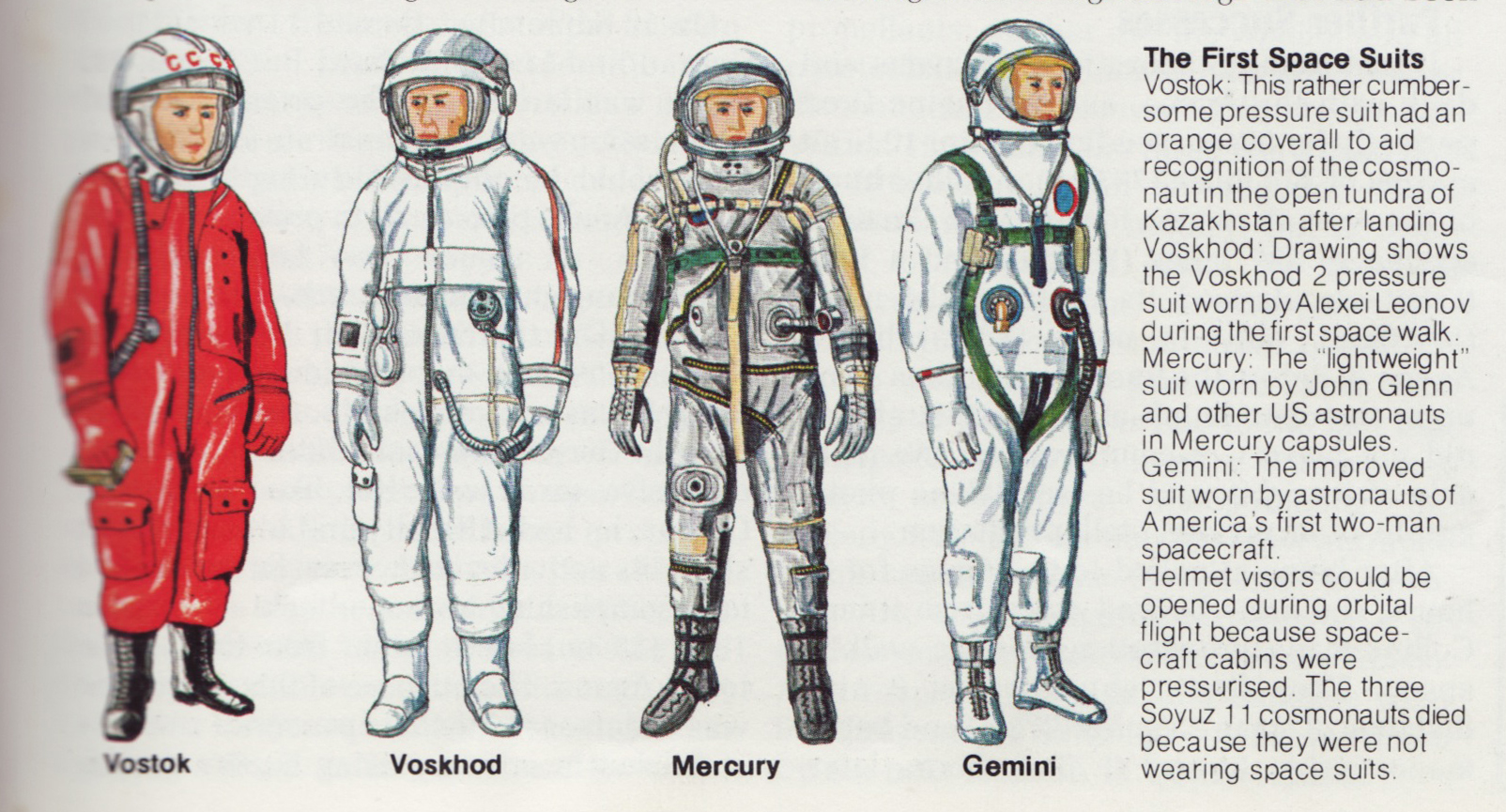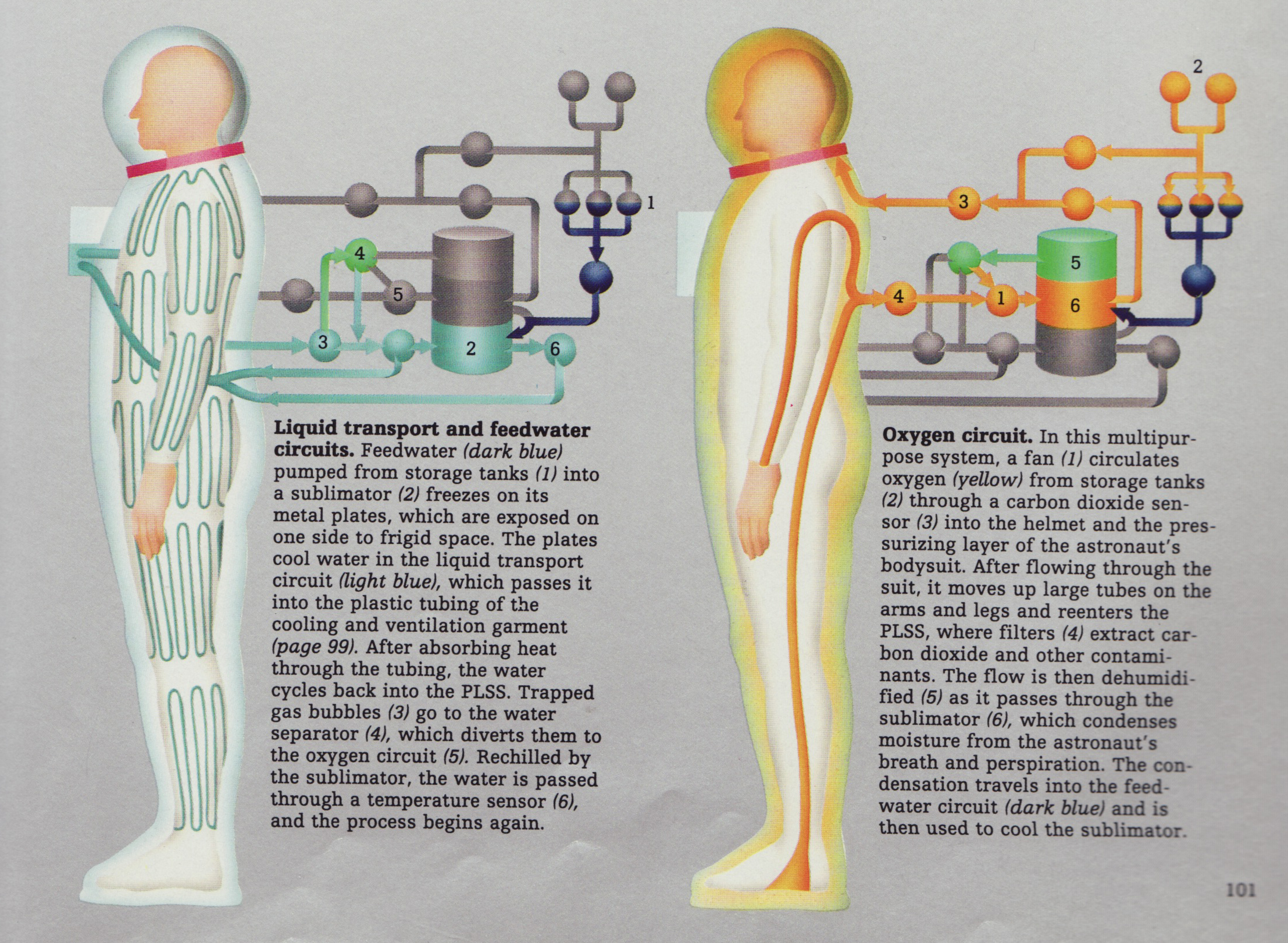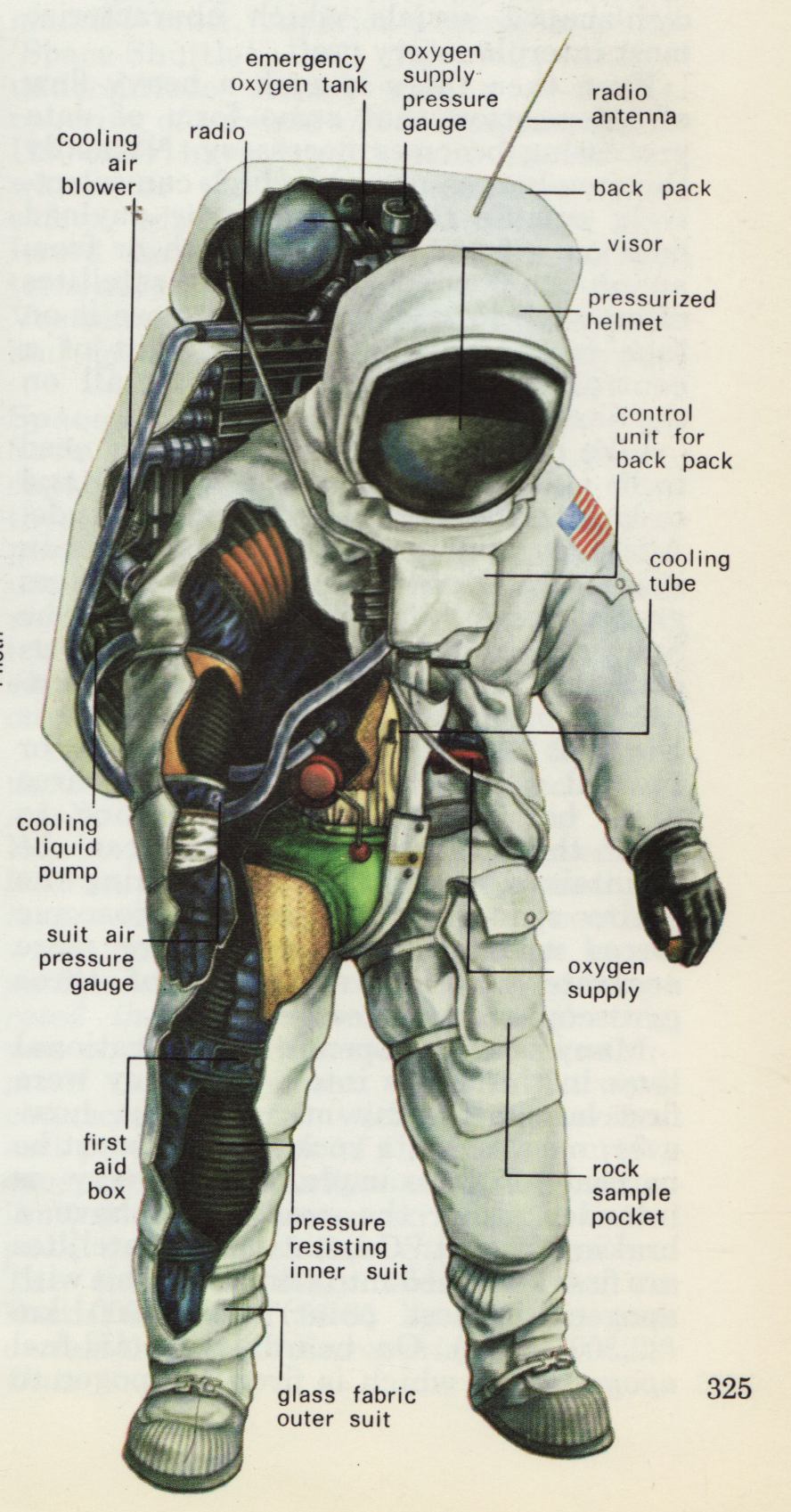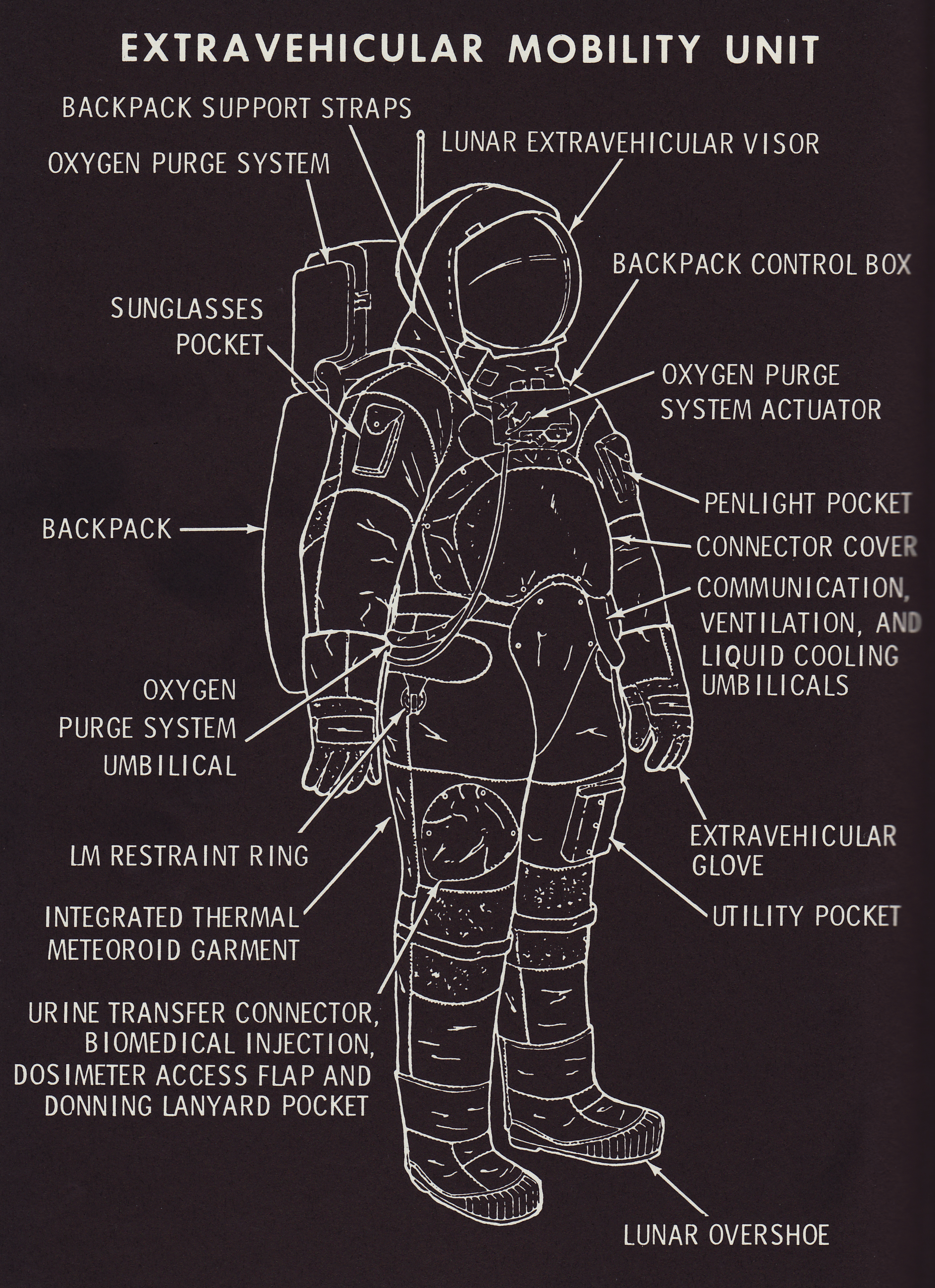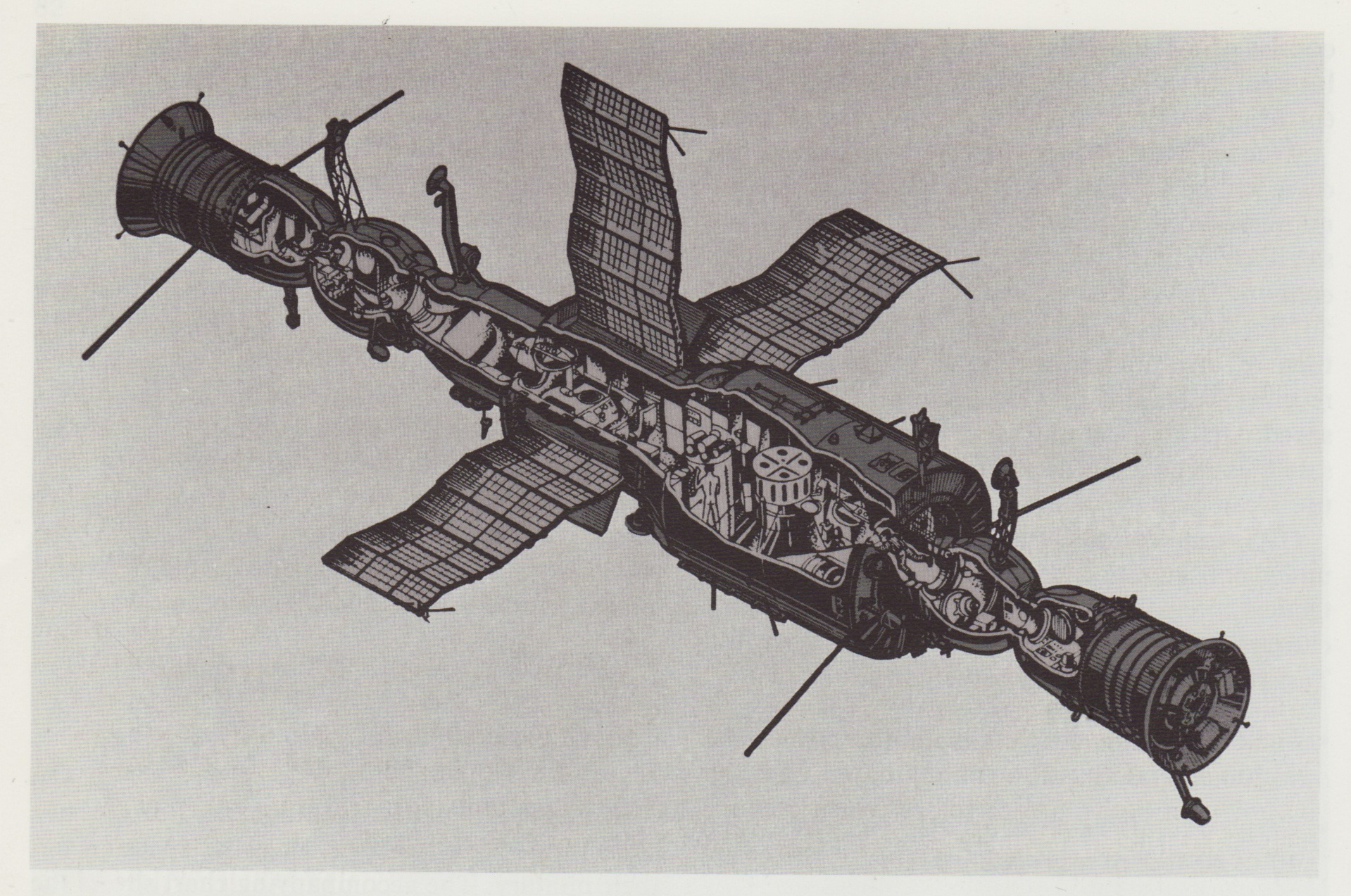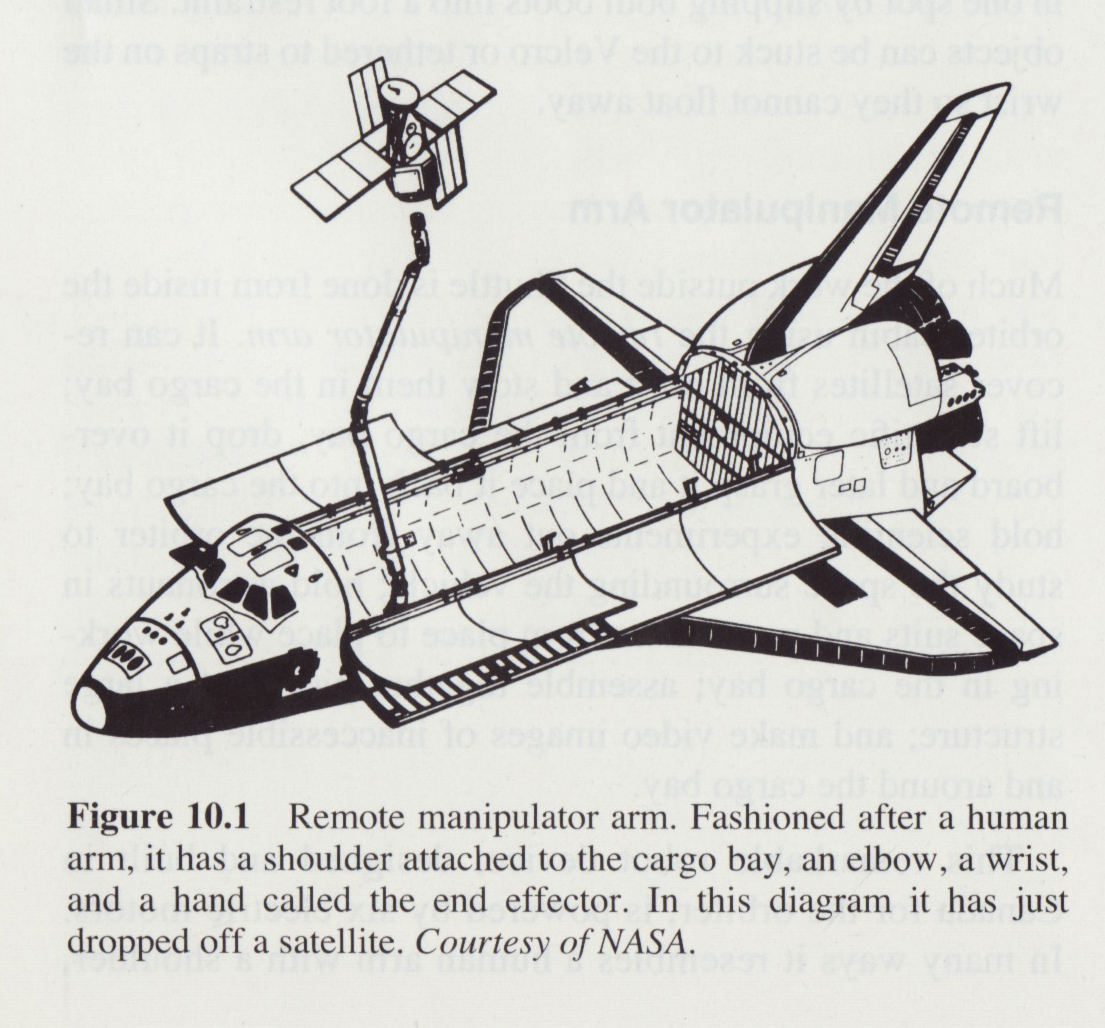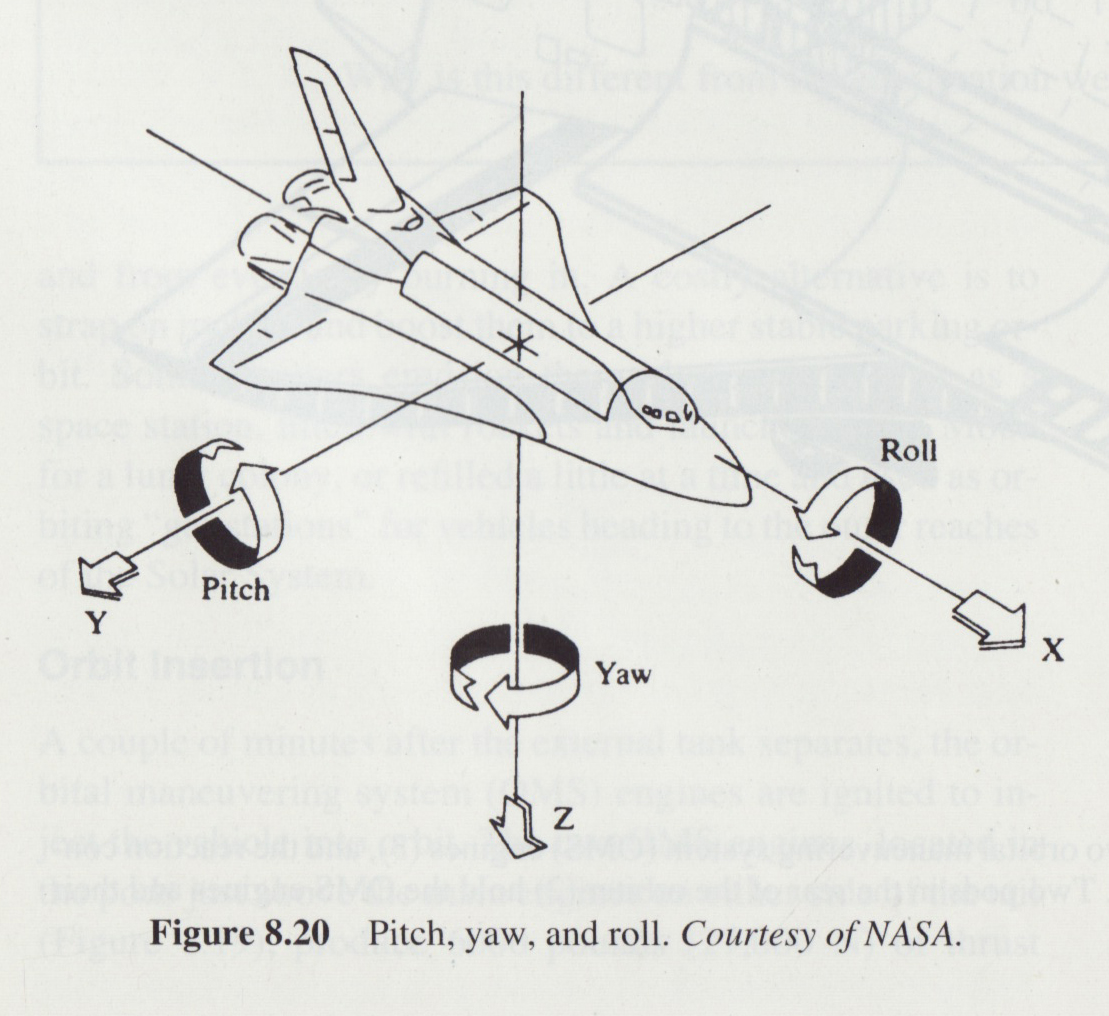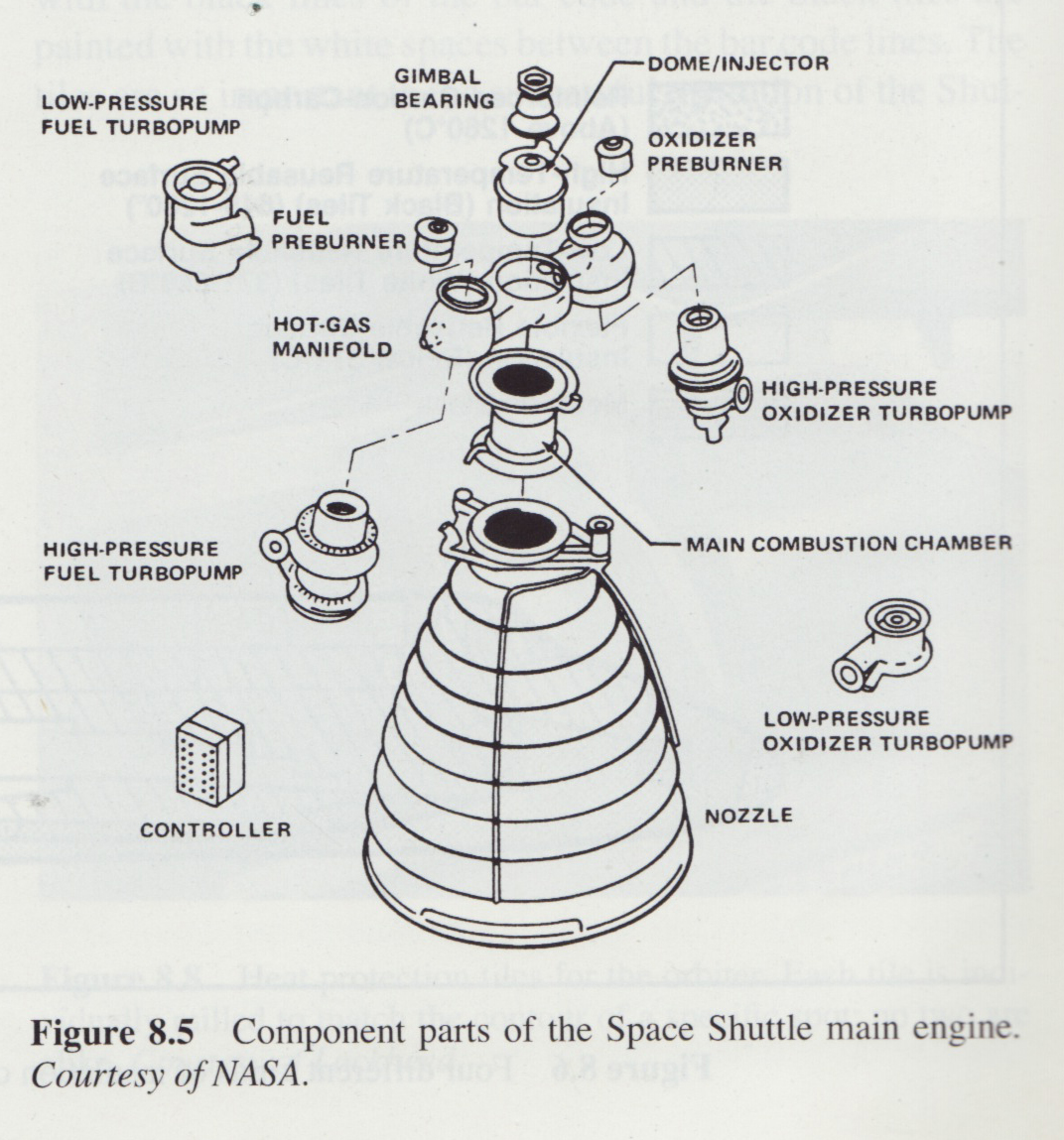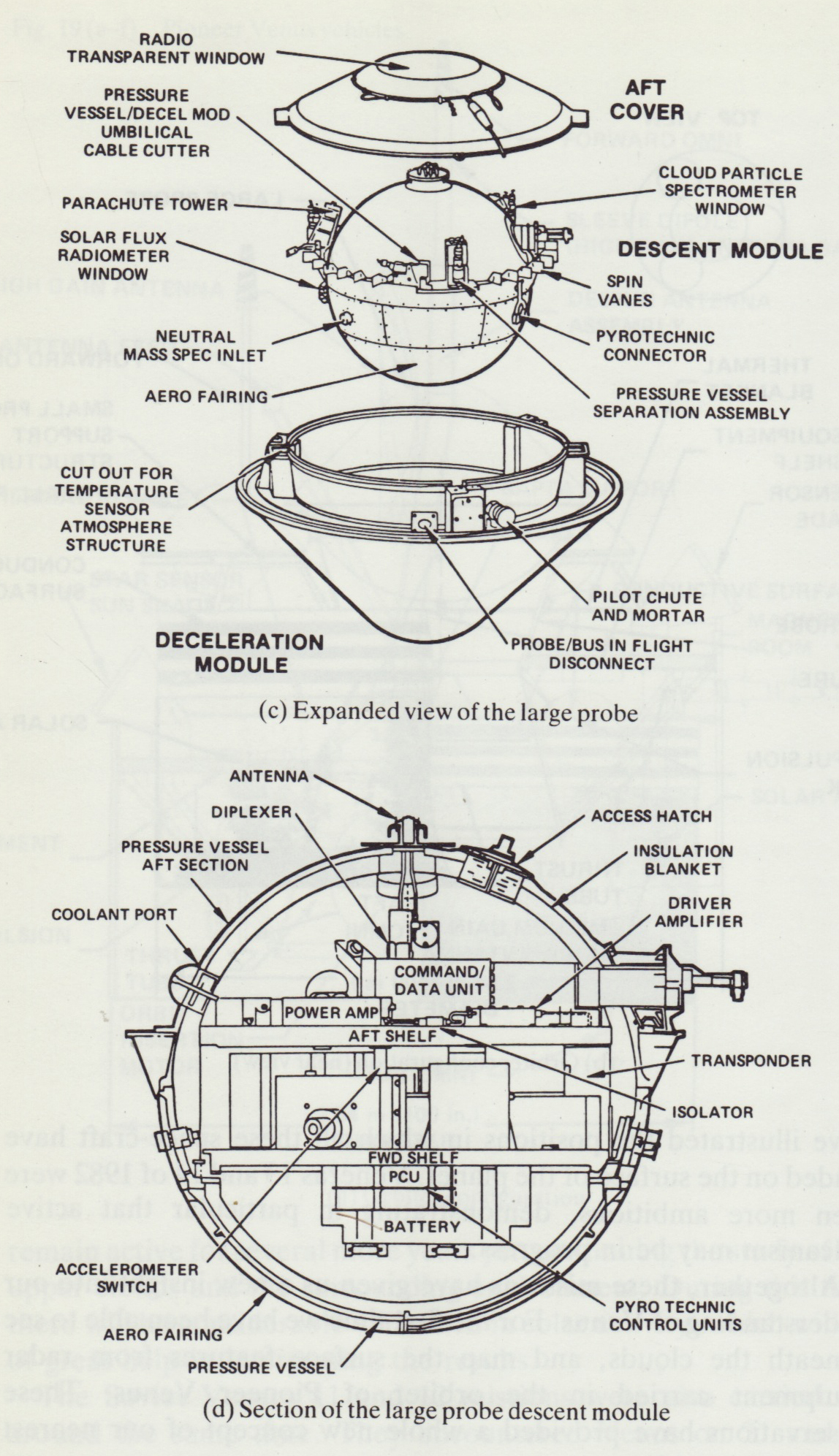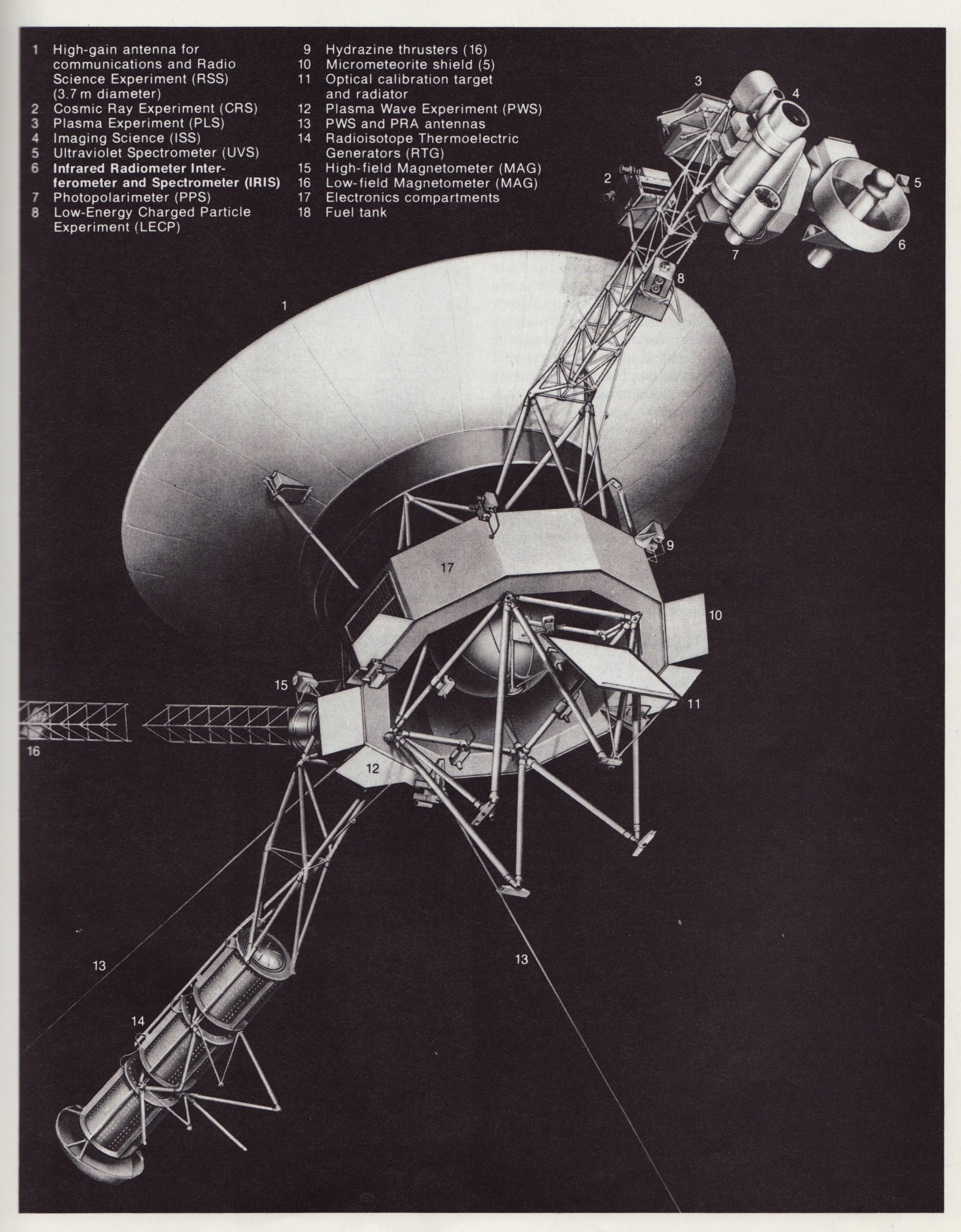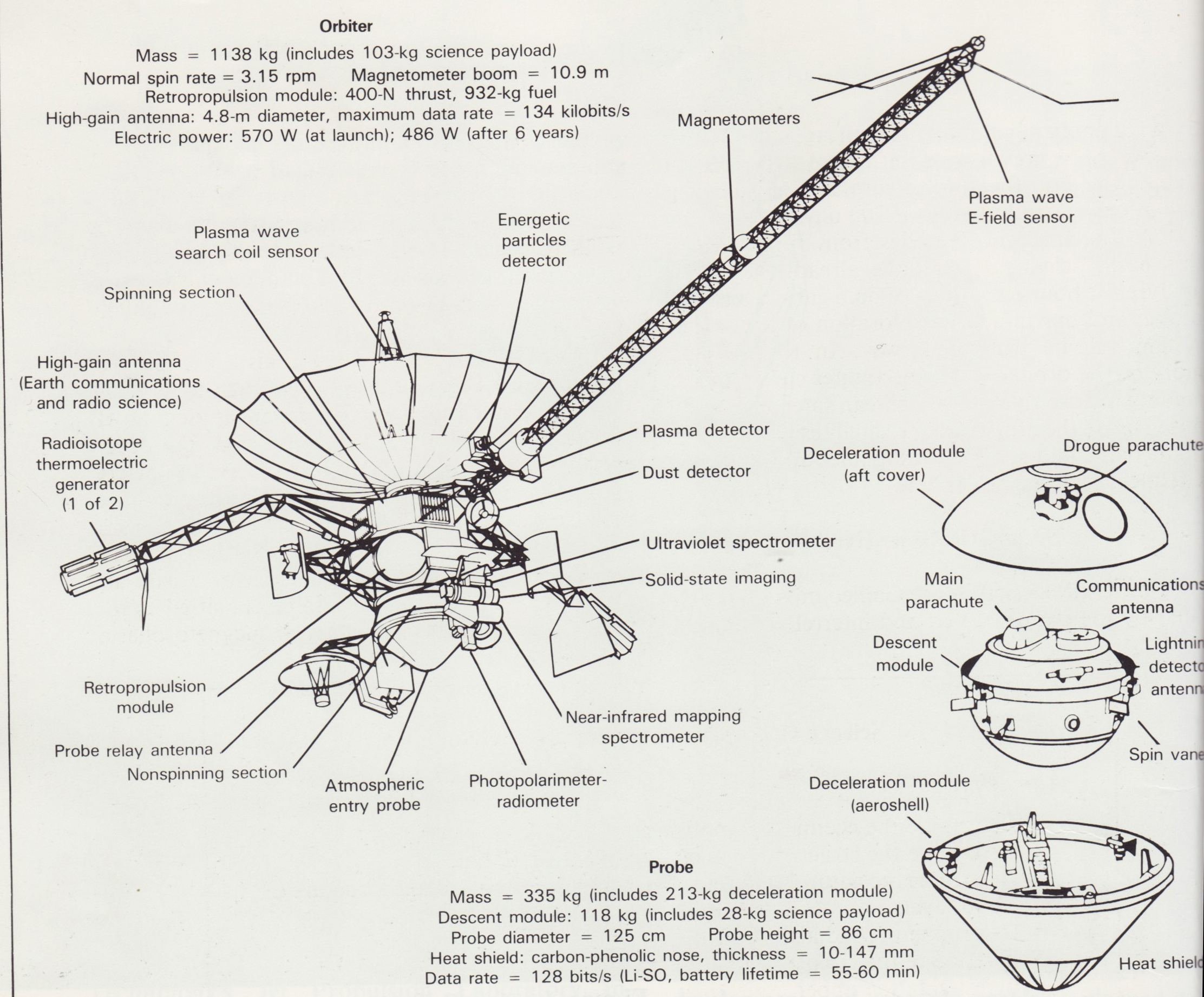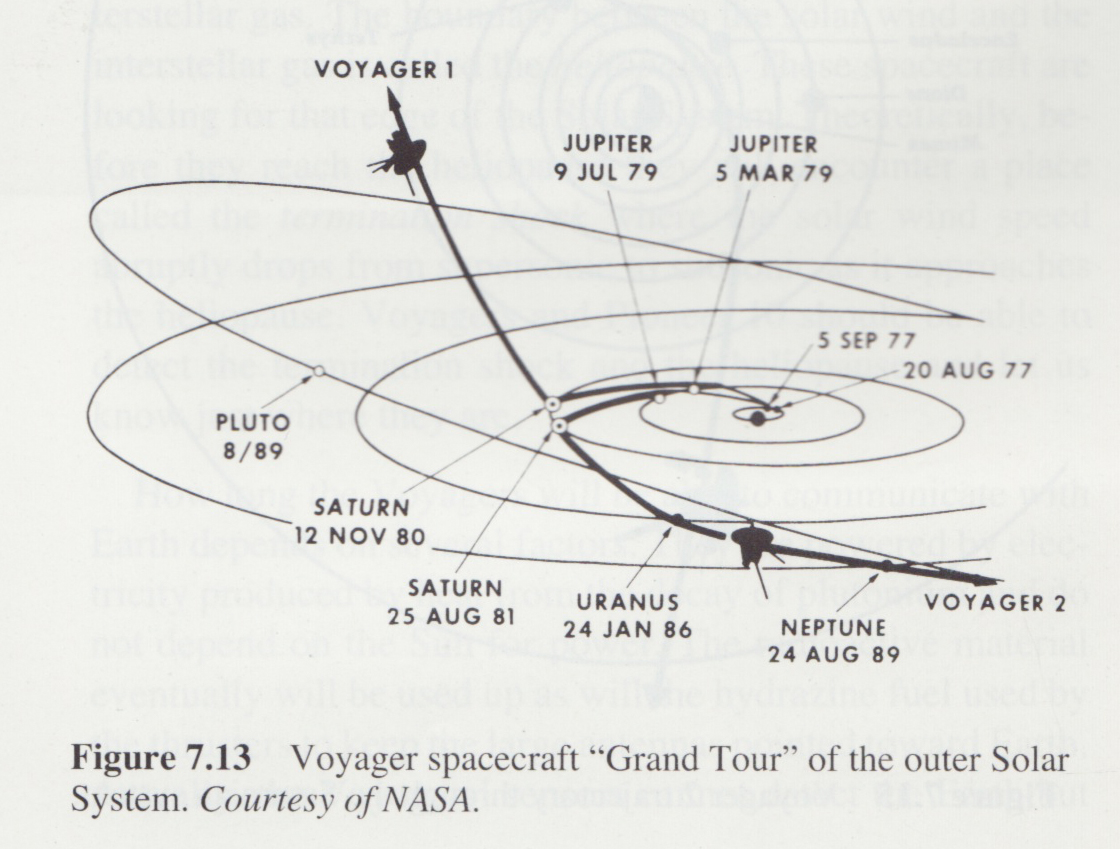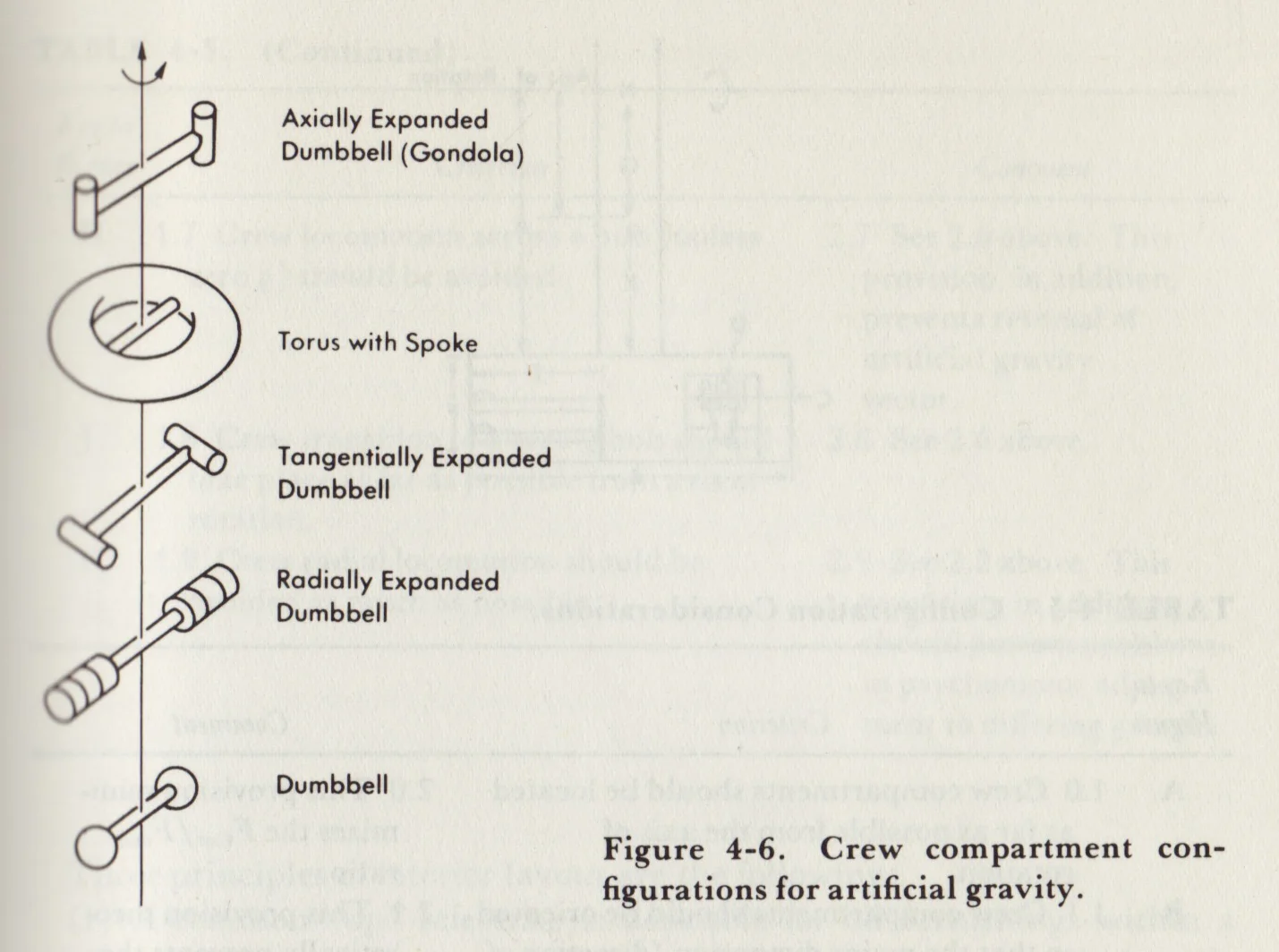we're always already way out in space--
the duration of our flight : Human History.
" We live at a critical moment in human history. The challenges of climate change, food, water and energy shortages as well as the increasing disparity between the developed and developing nations are testing our will to unite, while differences in religions, cultures, and politics continue to keep us apart. The creation of a "global village" through satellite TV and the Internet is still struggling to connect the world into one community. At this critical moment, our greatest need is for a global vision of planetary unity and purpose for humanity as a whole.
For more than four decades, astronauts from many cultures and backgrounds have been telling us that, from the perspective of Earth orbit and the Moon, they have gained such a vision. There is even a common term for this experience: "The Overview Effect", a phrase coined in the book of the same name by space philosopher and writer Frank White. It refers to the experience of seeing firsthand the reality of the Earth in space, which is immediately understood to be a tiny, fragile ball of life, hanging in the void, shielded and nourished by a paper-thin atmosphere. From space, the astronauts tell us, national boundaries vanish, the conflicts that divide us become less important and the need to create a planetary society with the united will to protect this "pale blue dot" becomes both obvious and imperative. Even more so, many of them tell us that from the Overview perspective, all of this seems imminently achievable, if only more people could have the experience !
Thus far, this unifying Overview Effect has been experienced by only a handful of space explorers, some 500 to date. Moreover, it has proven quite difficult for them to communicate more than just a portion of this potentially revolutionary experience to their listeners, despite their best efforts. Recent advances in cognitive science strongly suggest that these difficulties are directly related to the limitations of conventional media in communicating the rich and perspective altering experience of space. . . "










